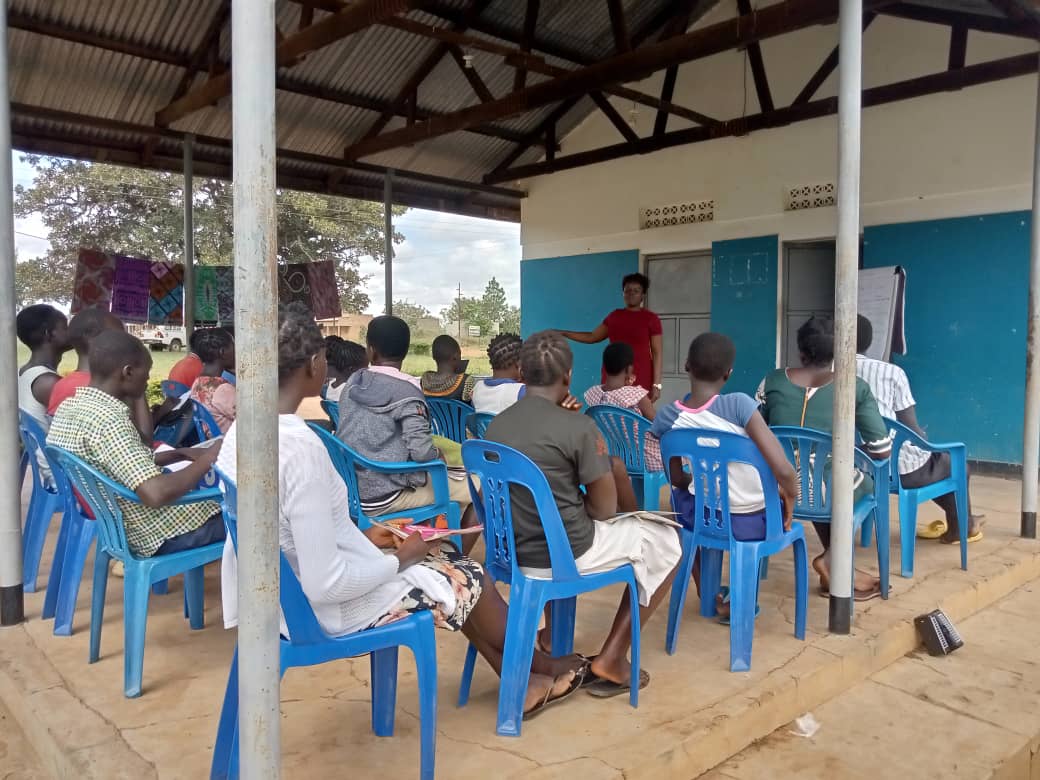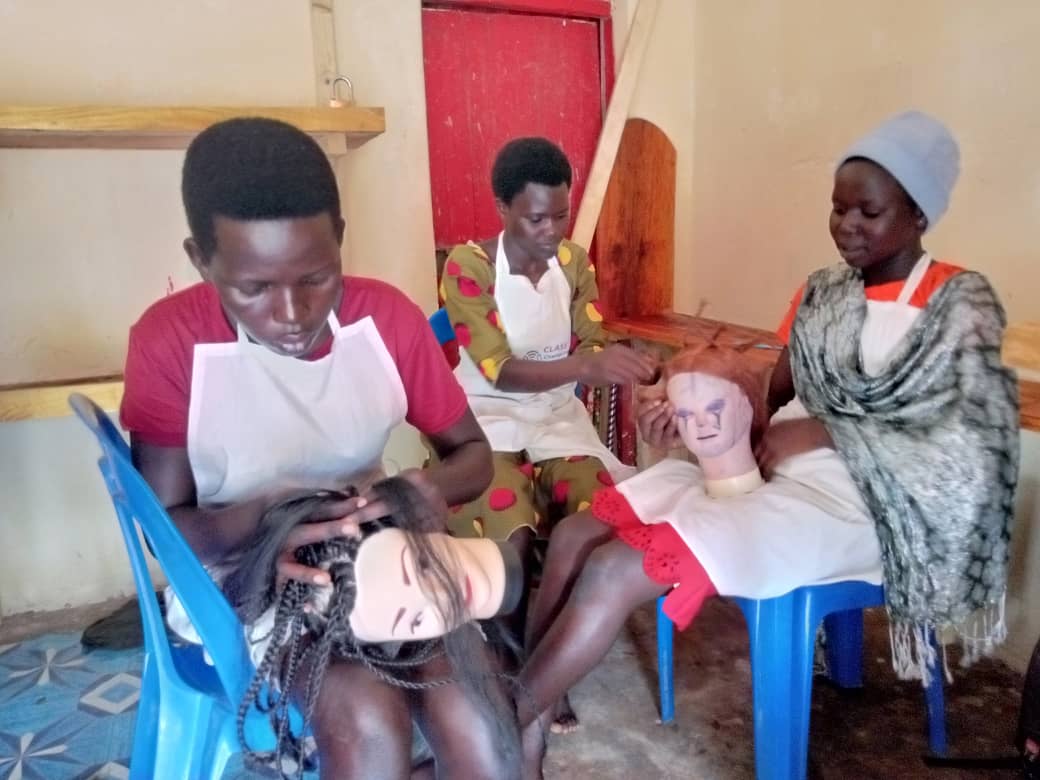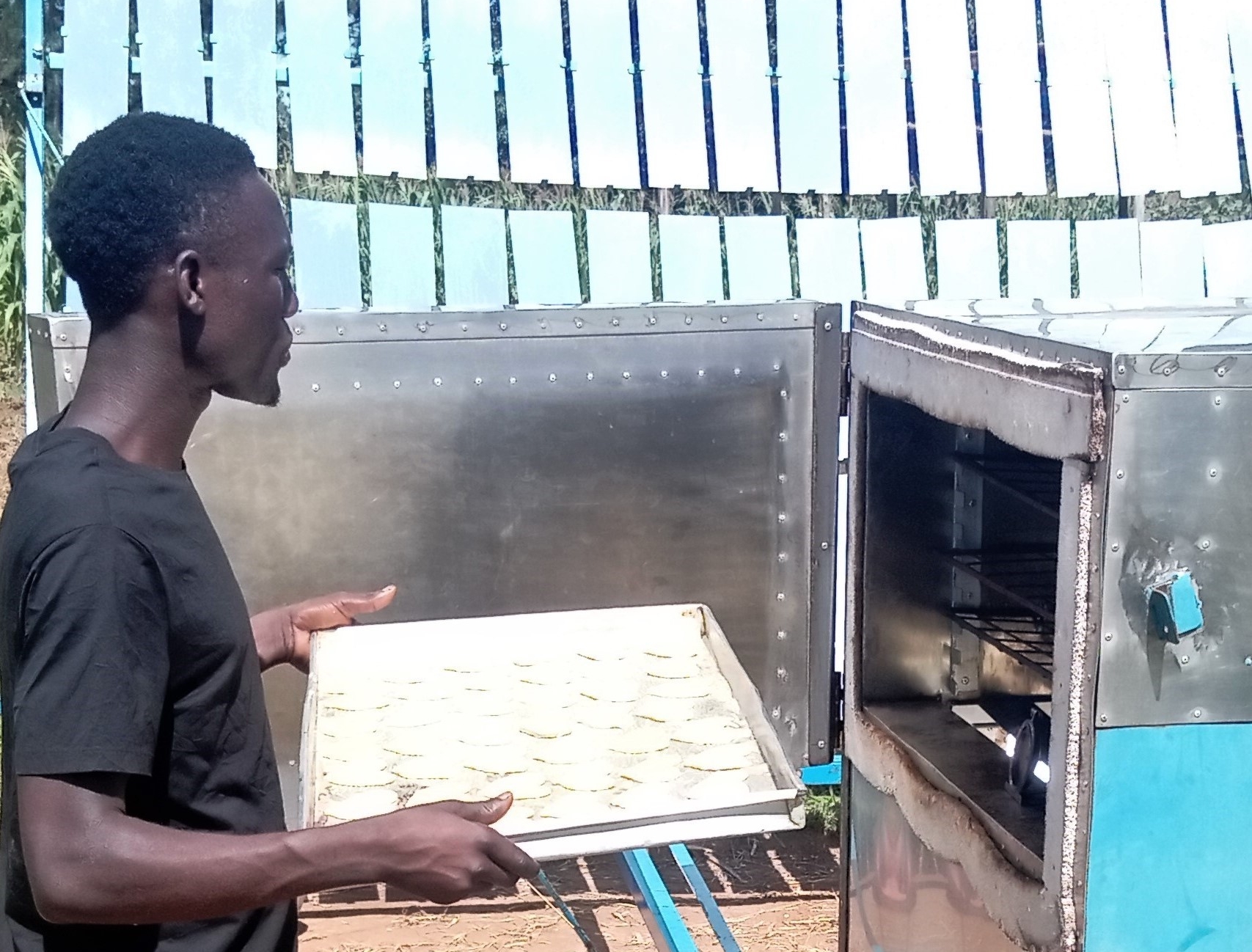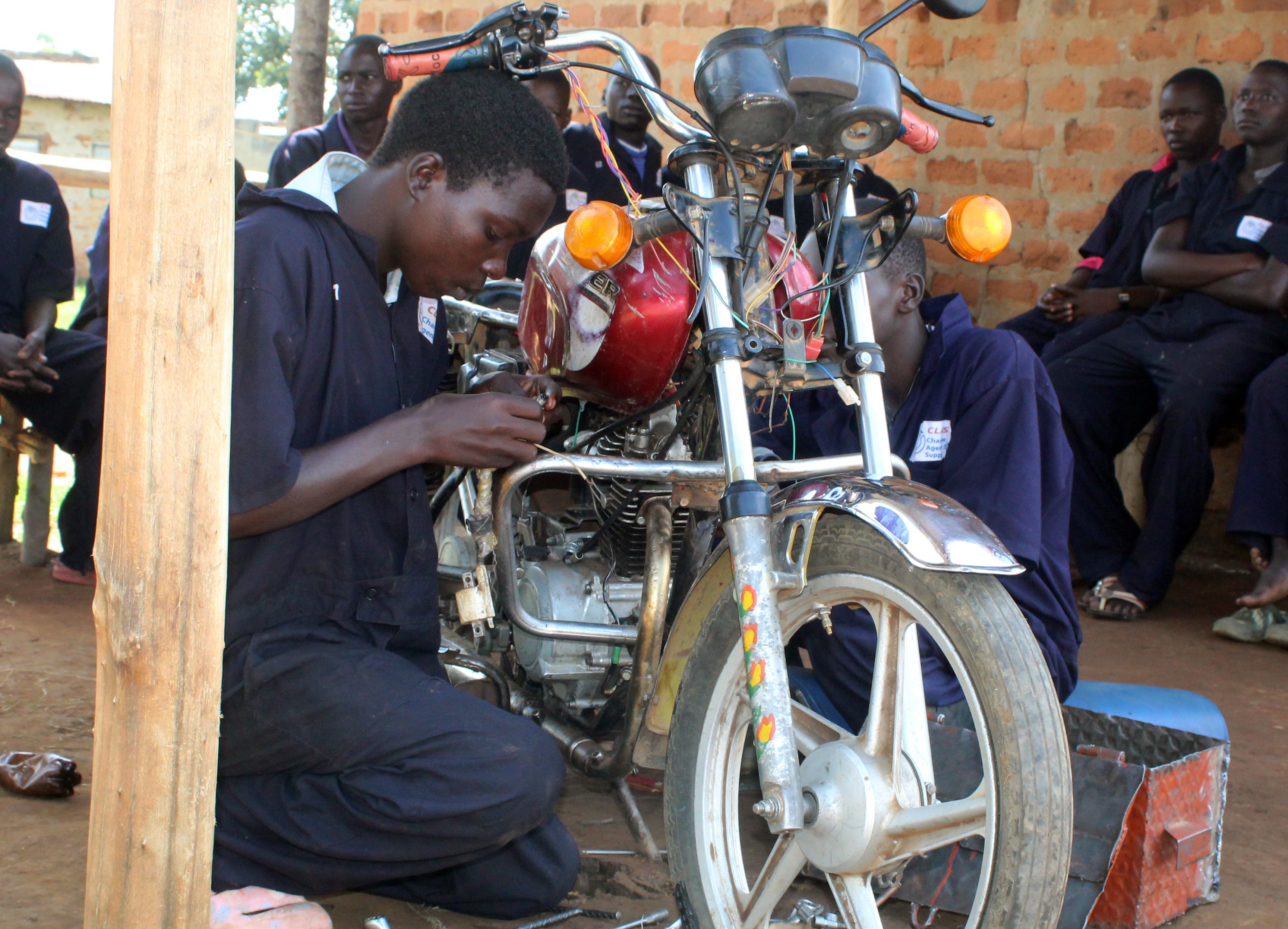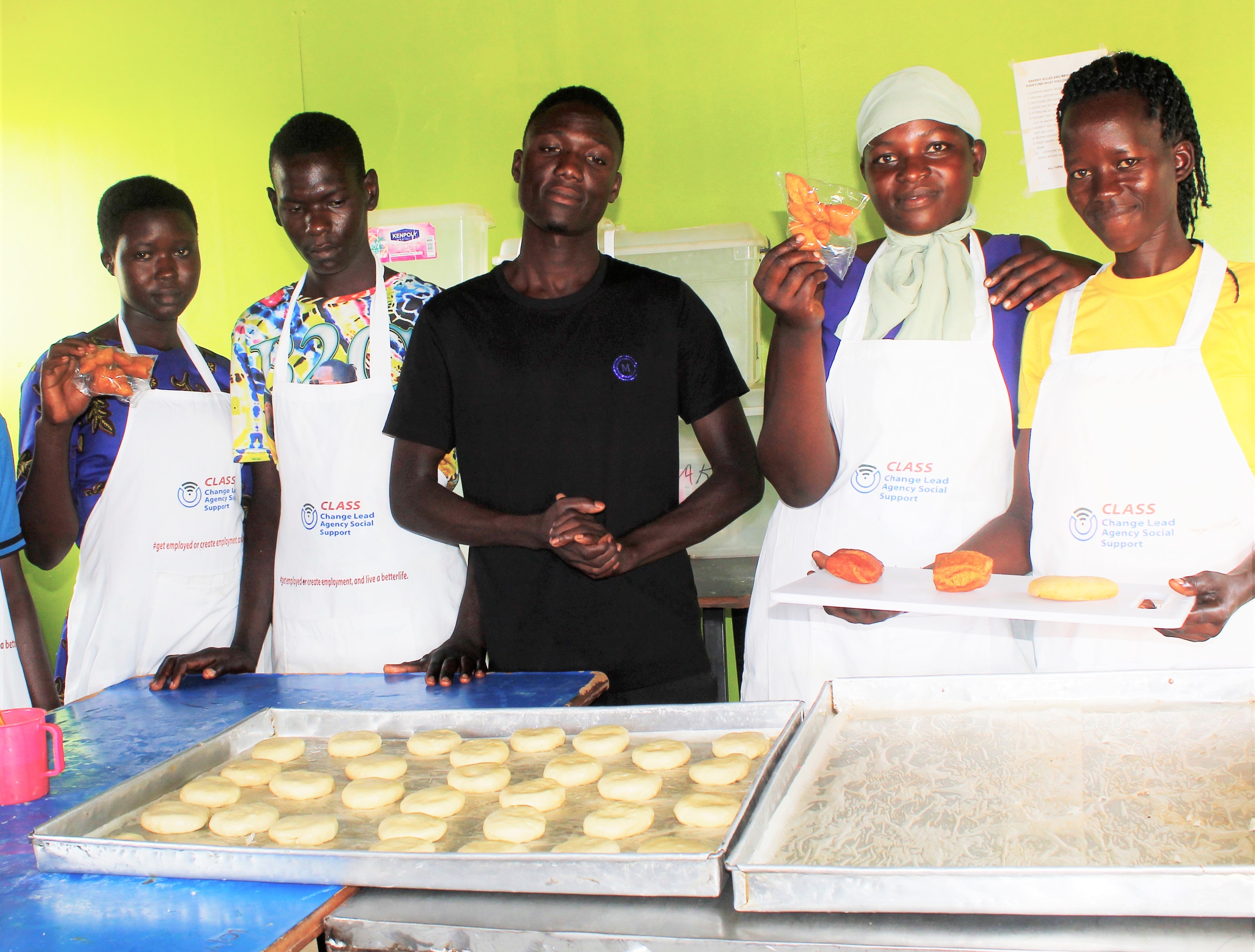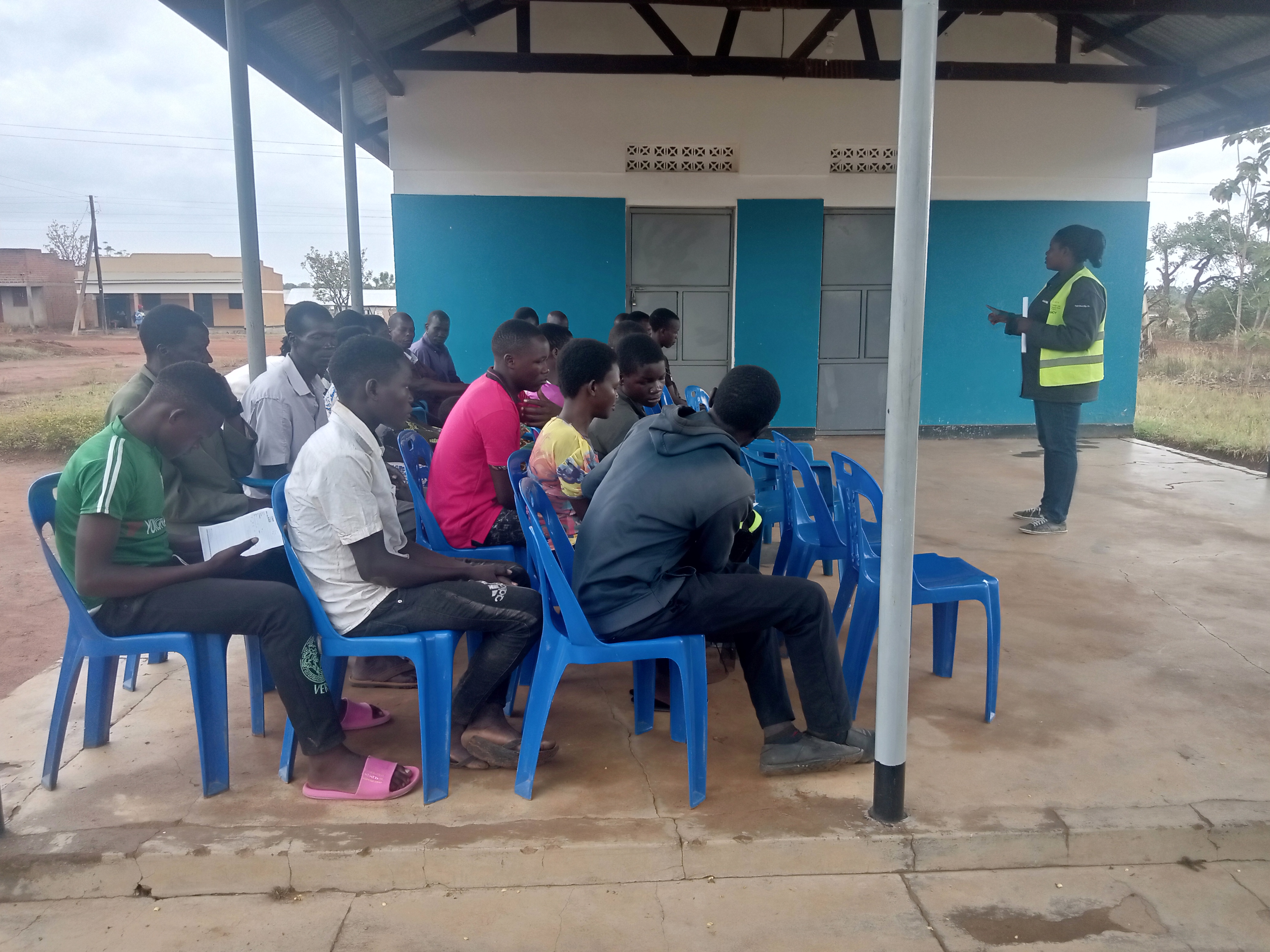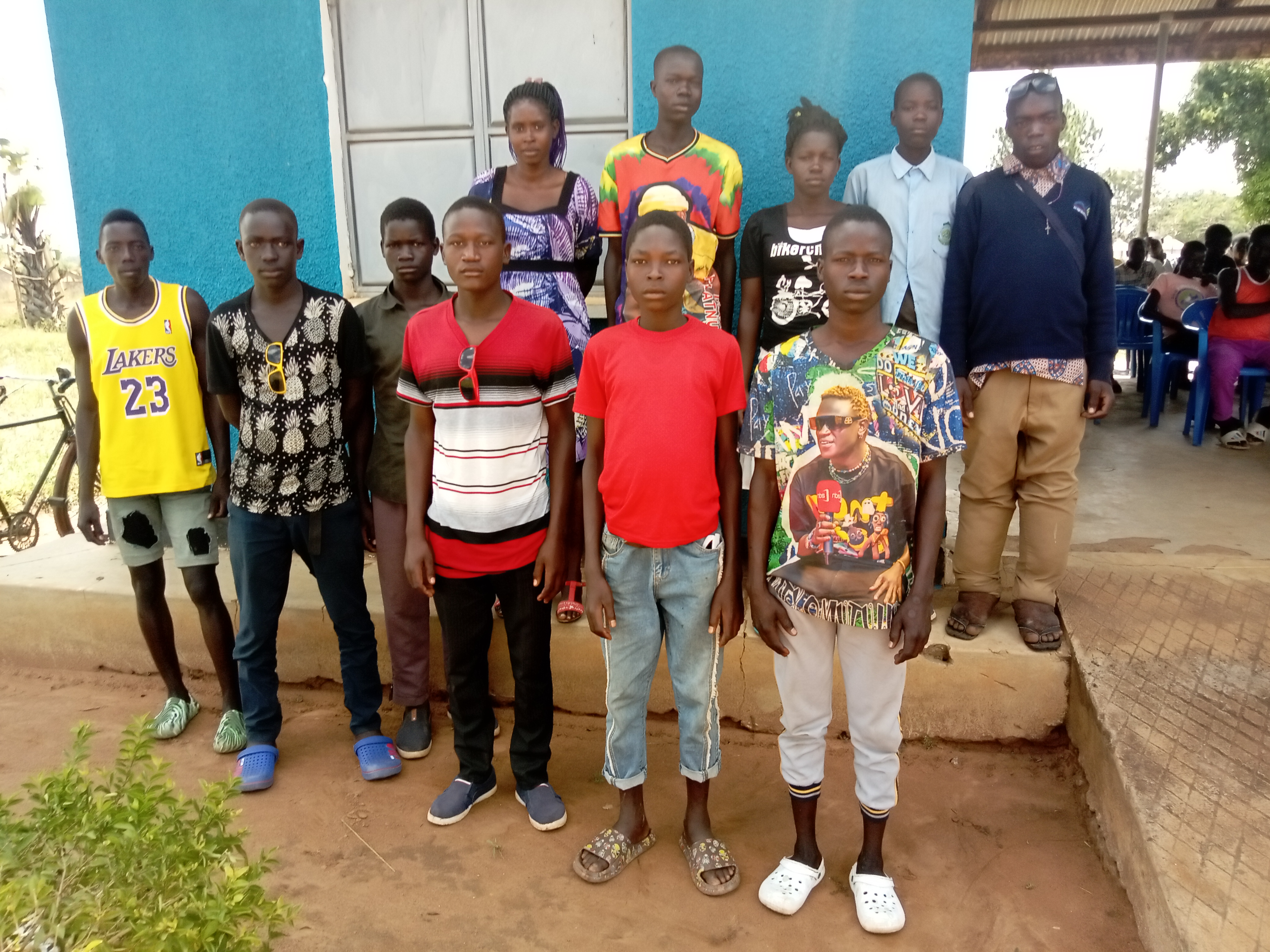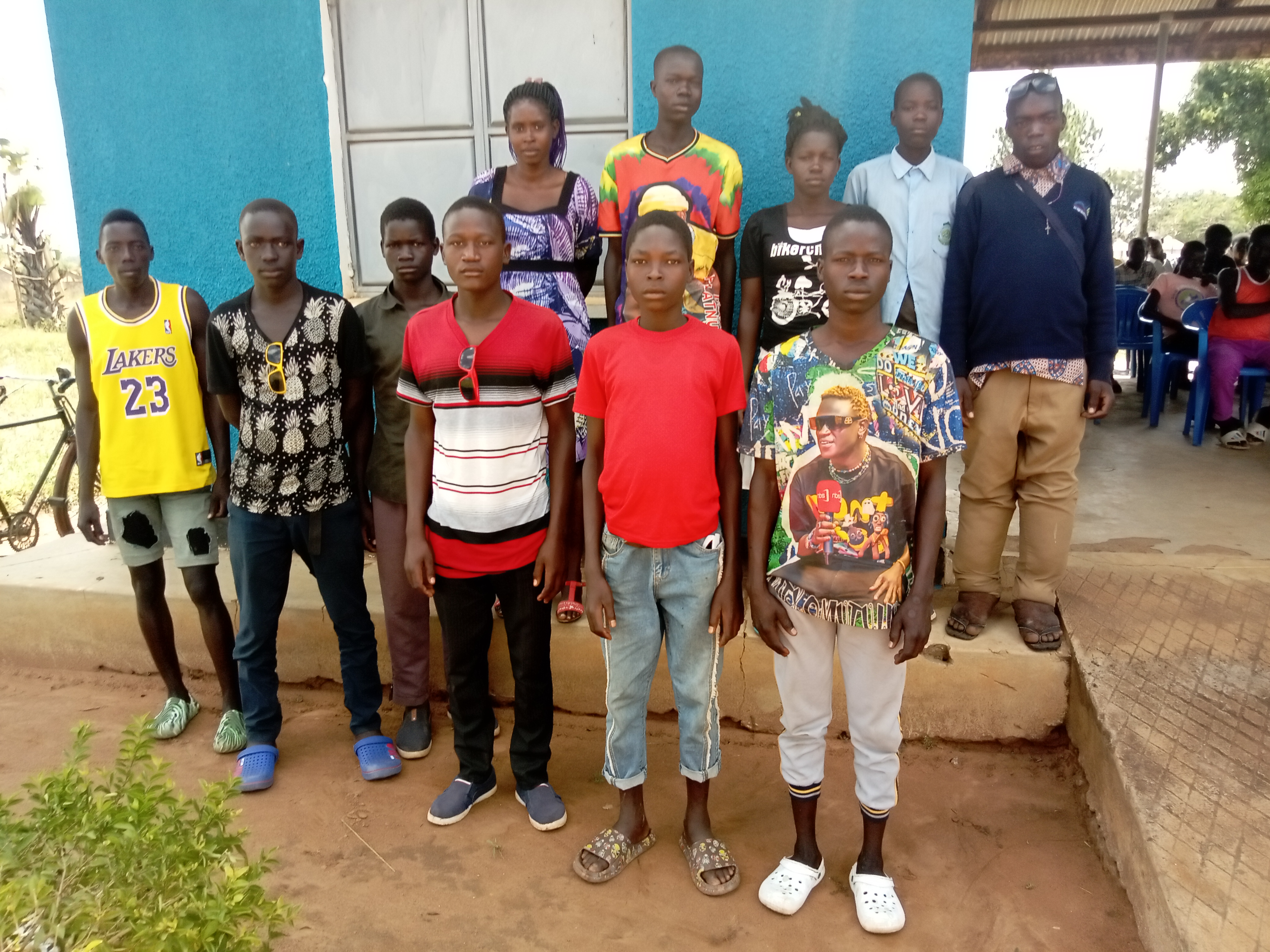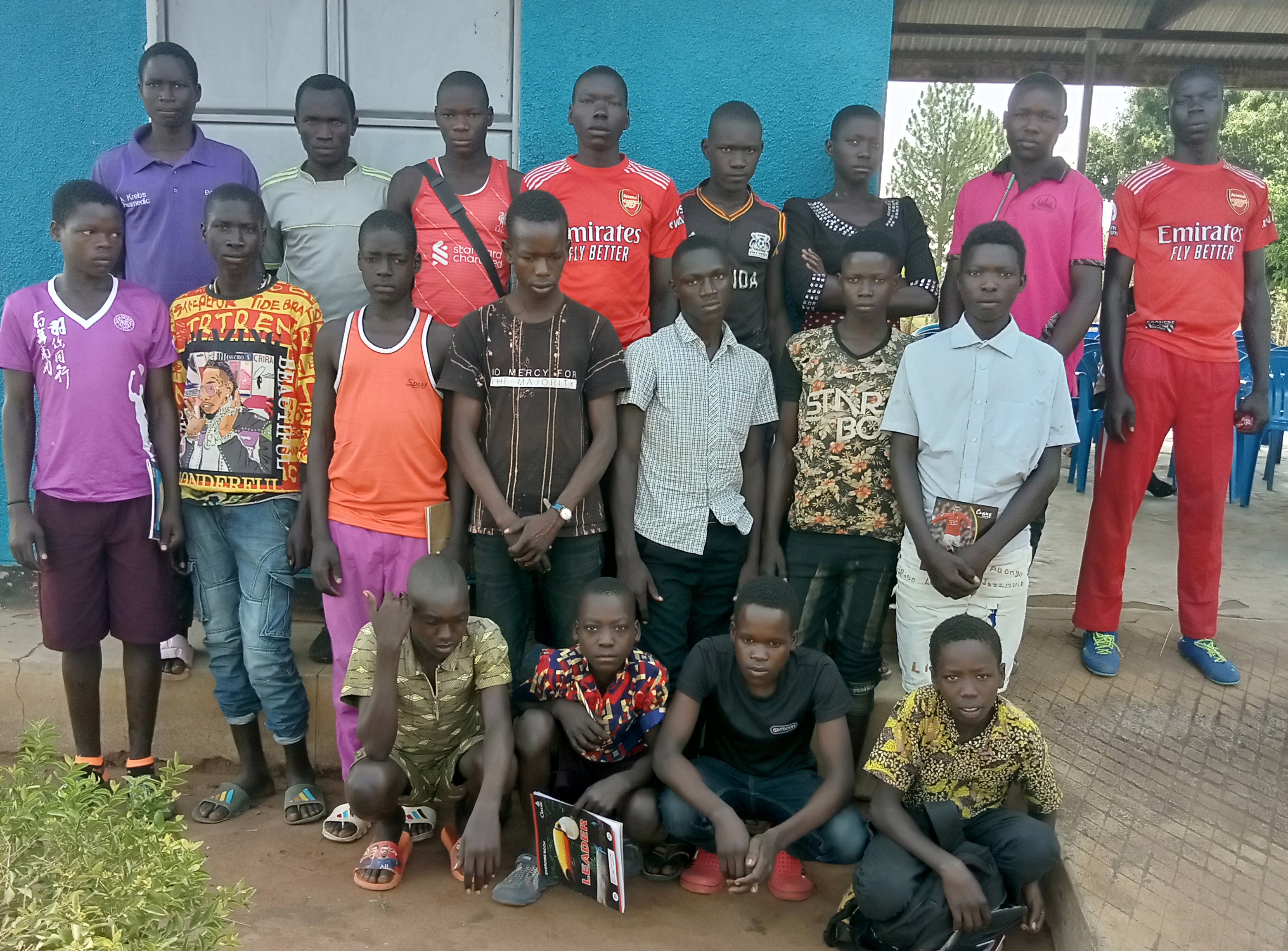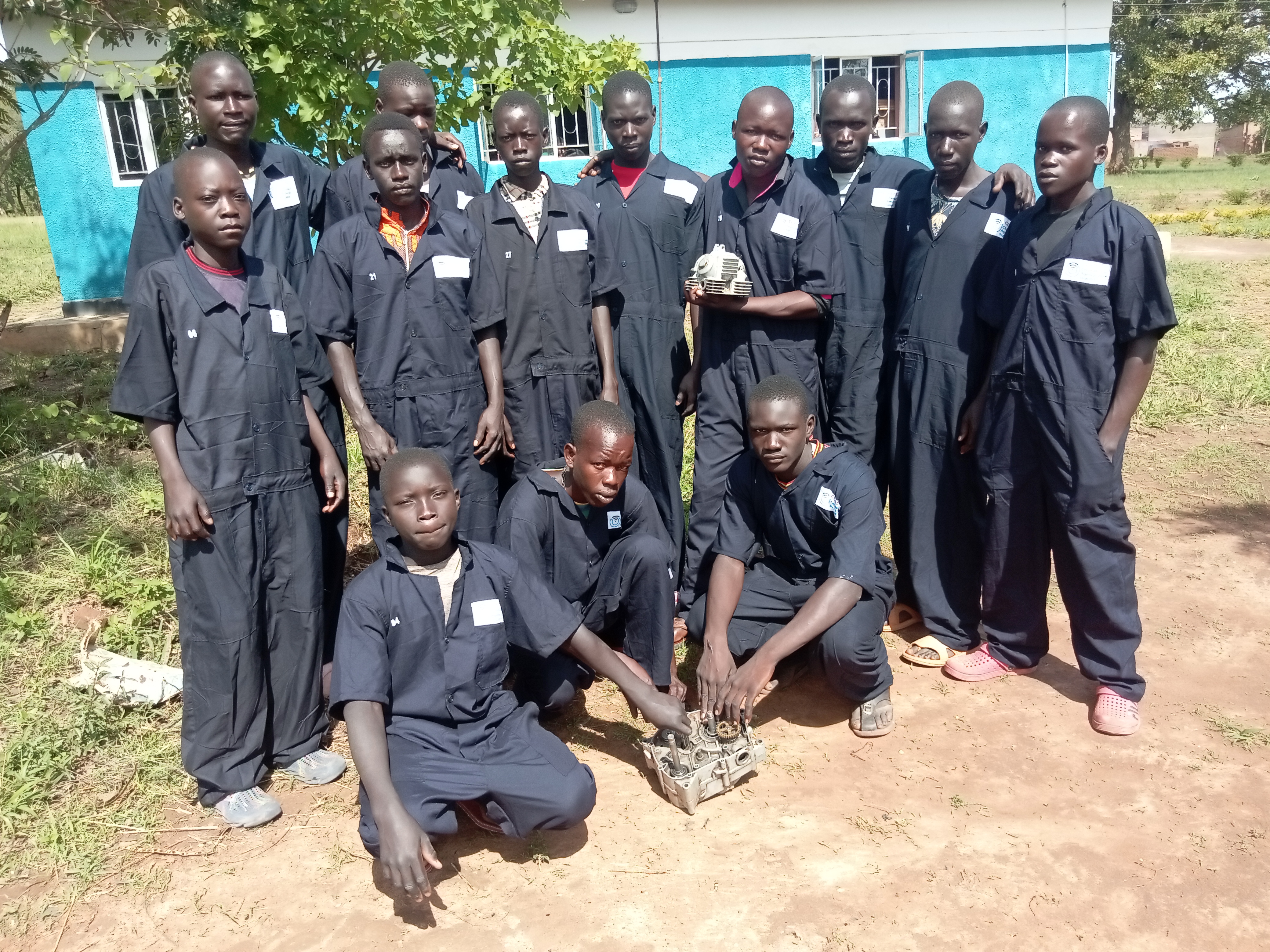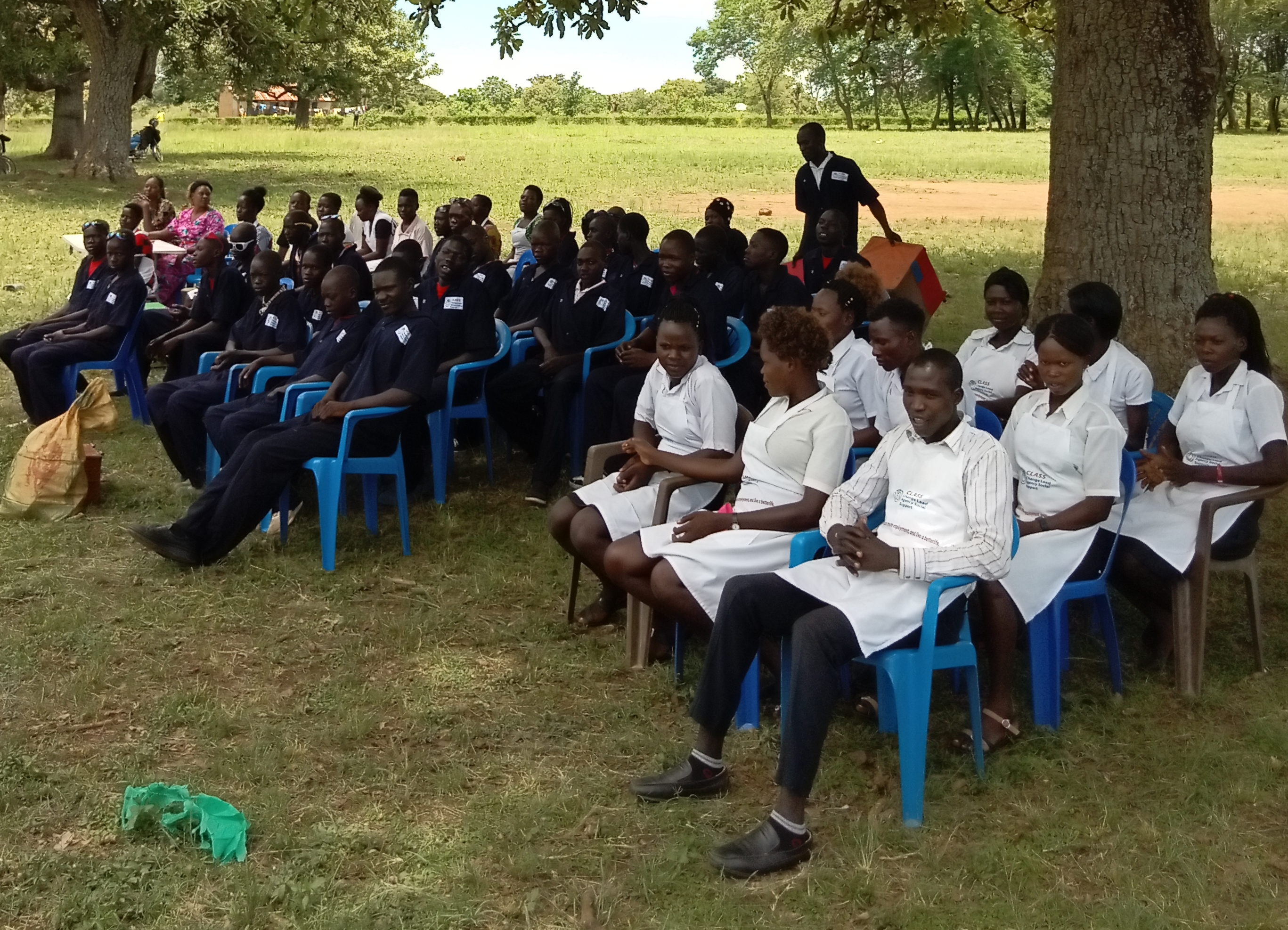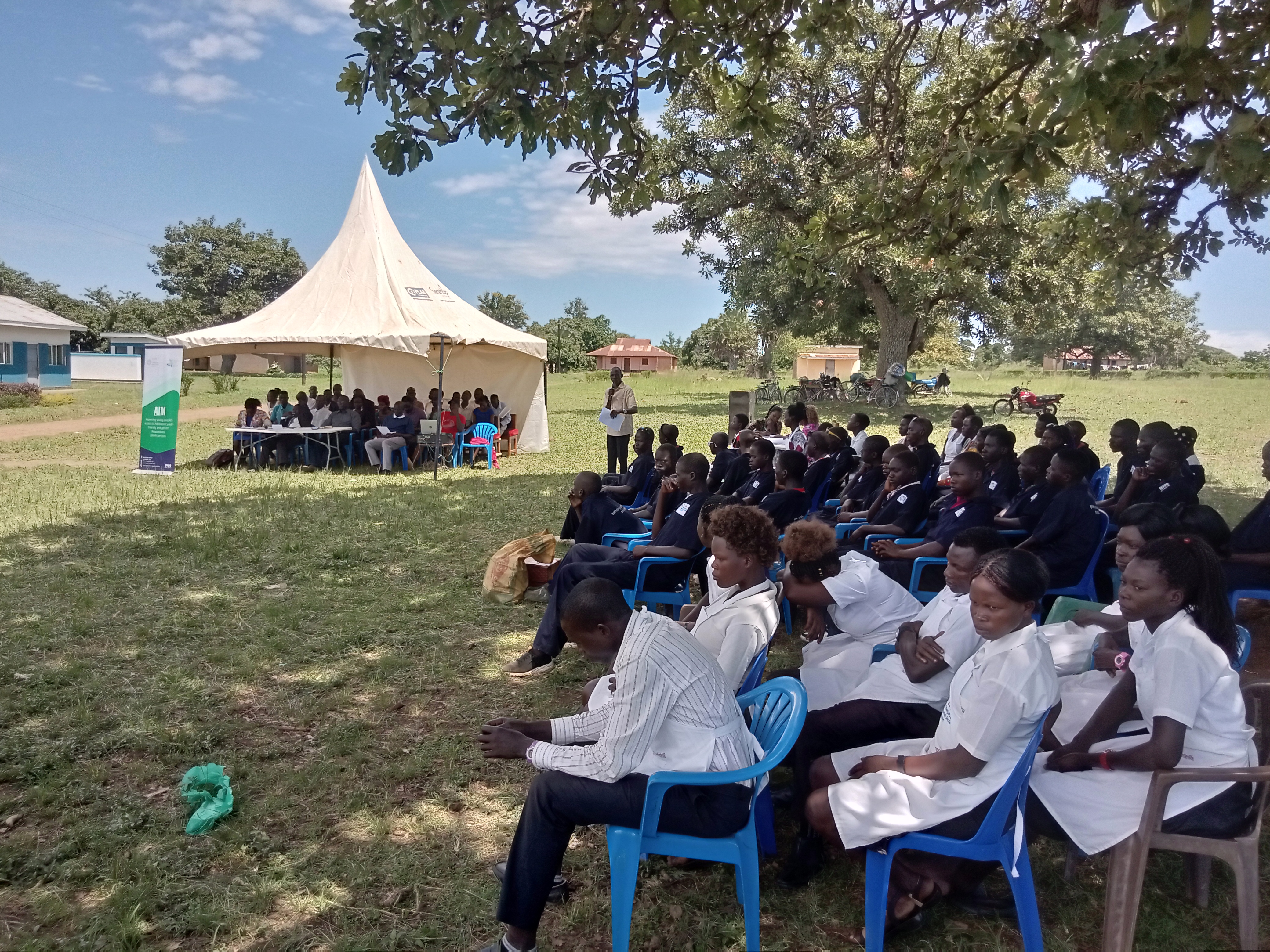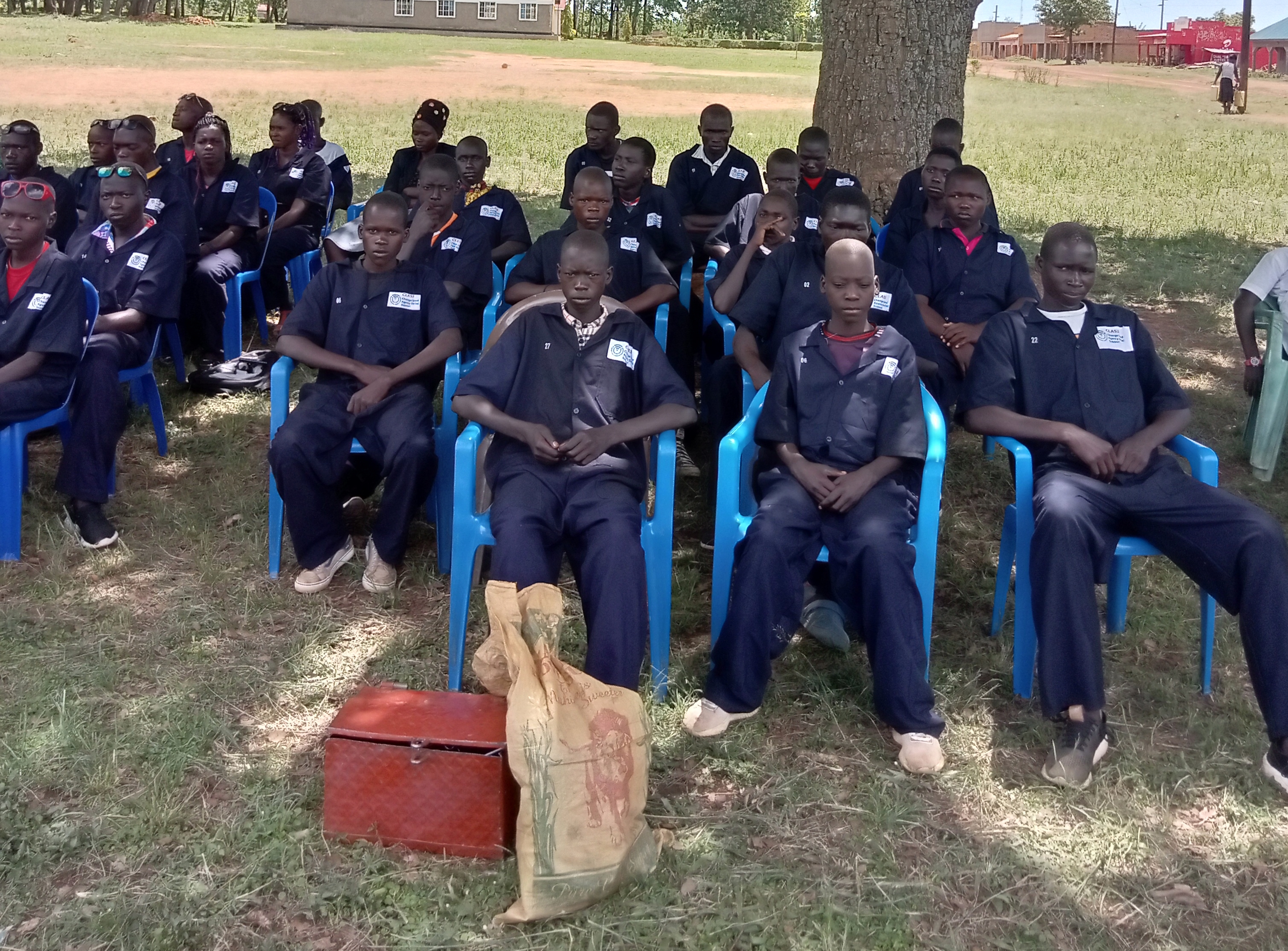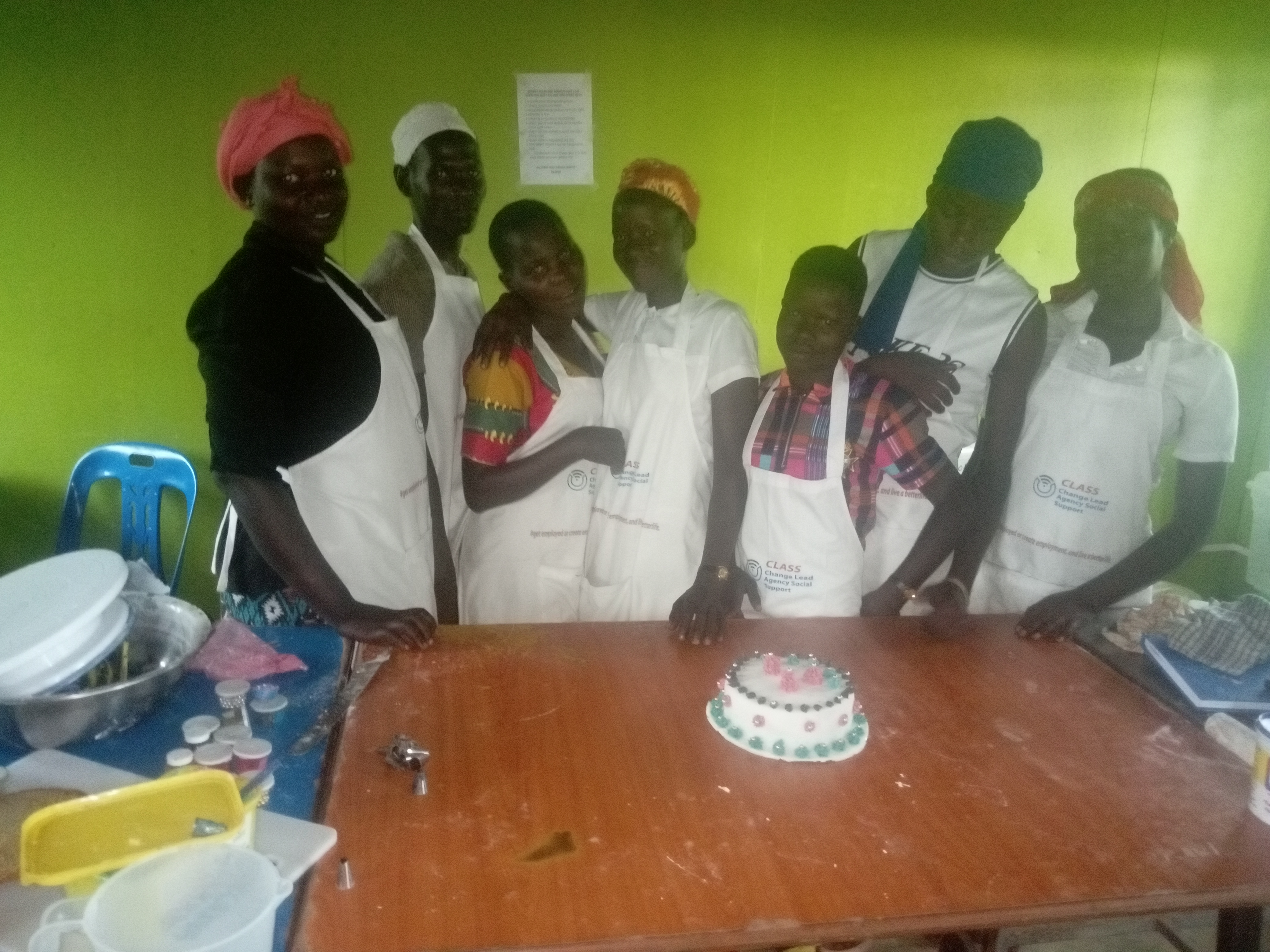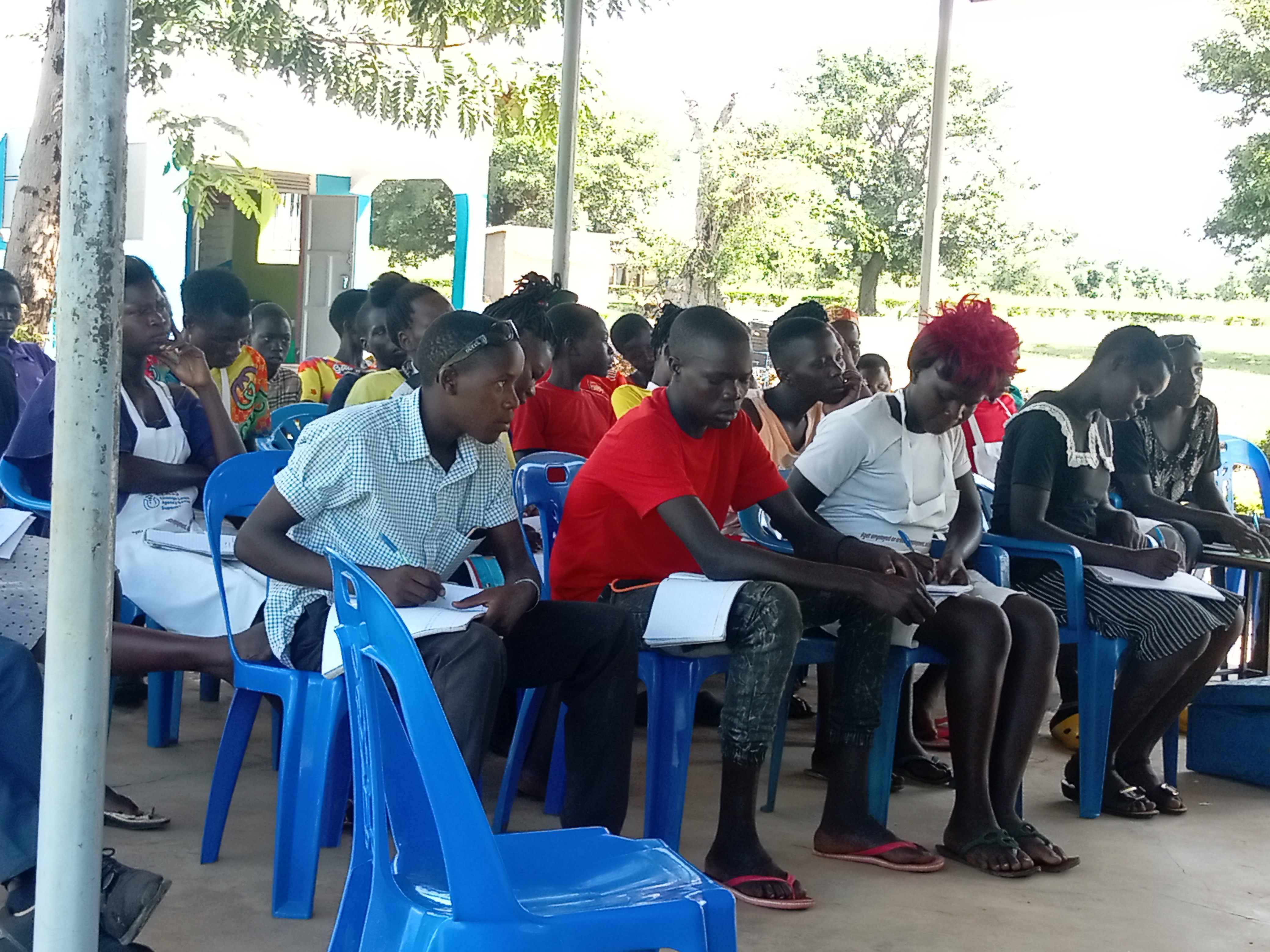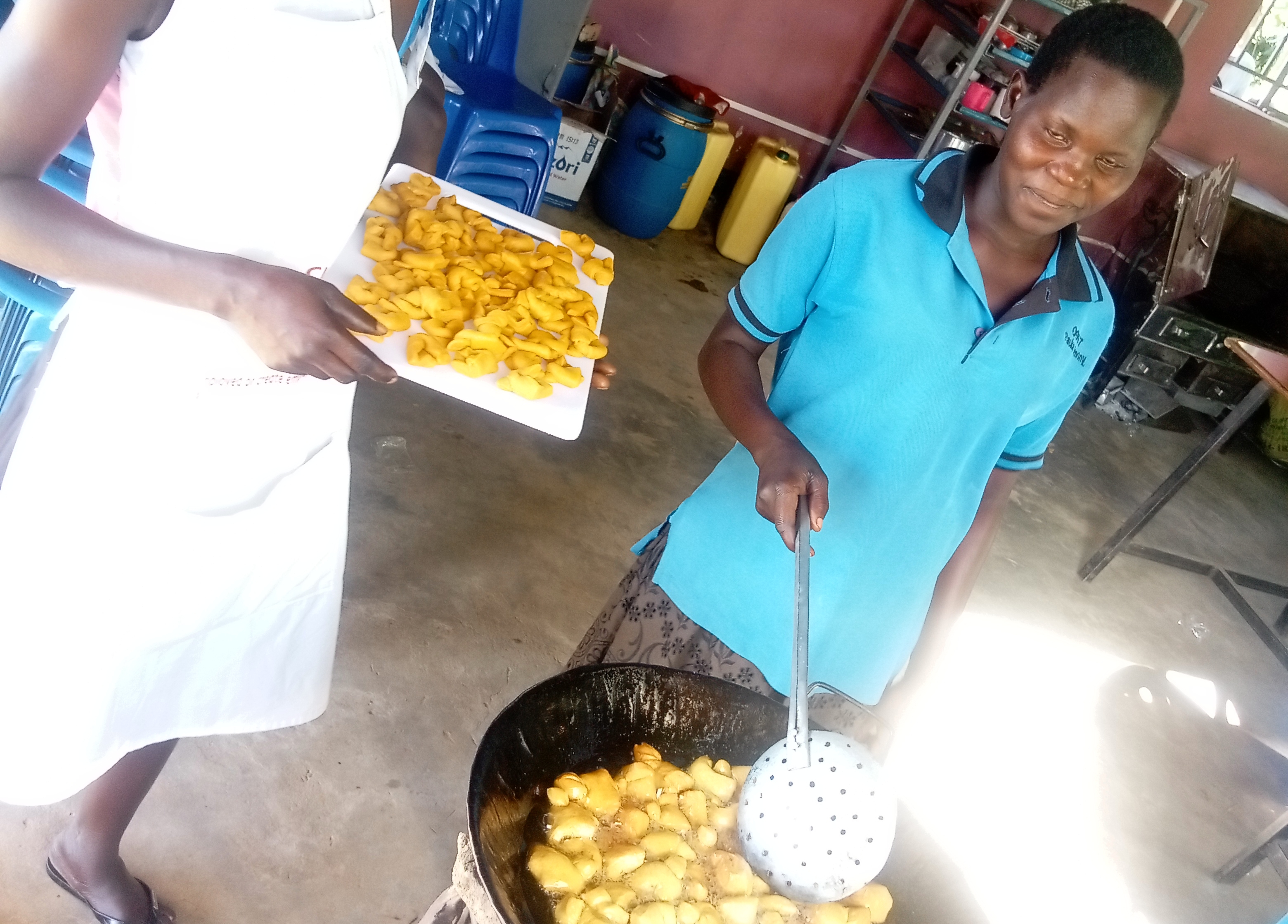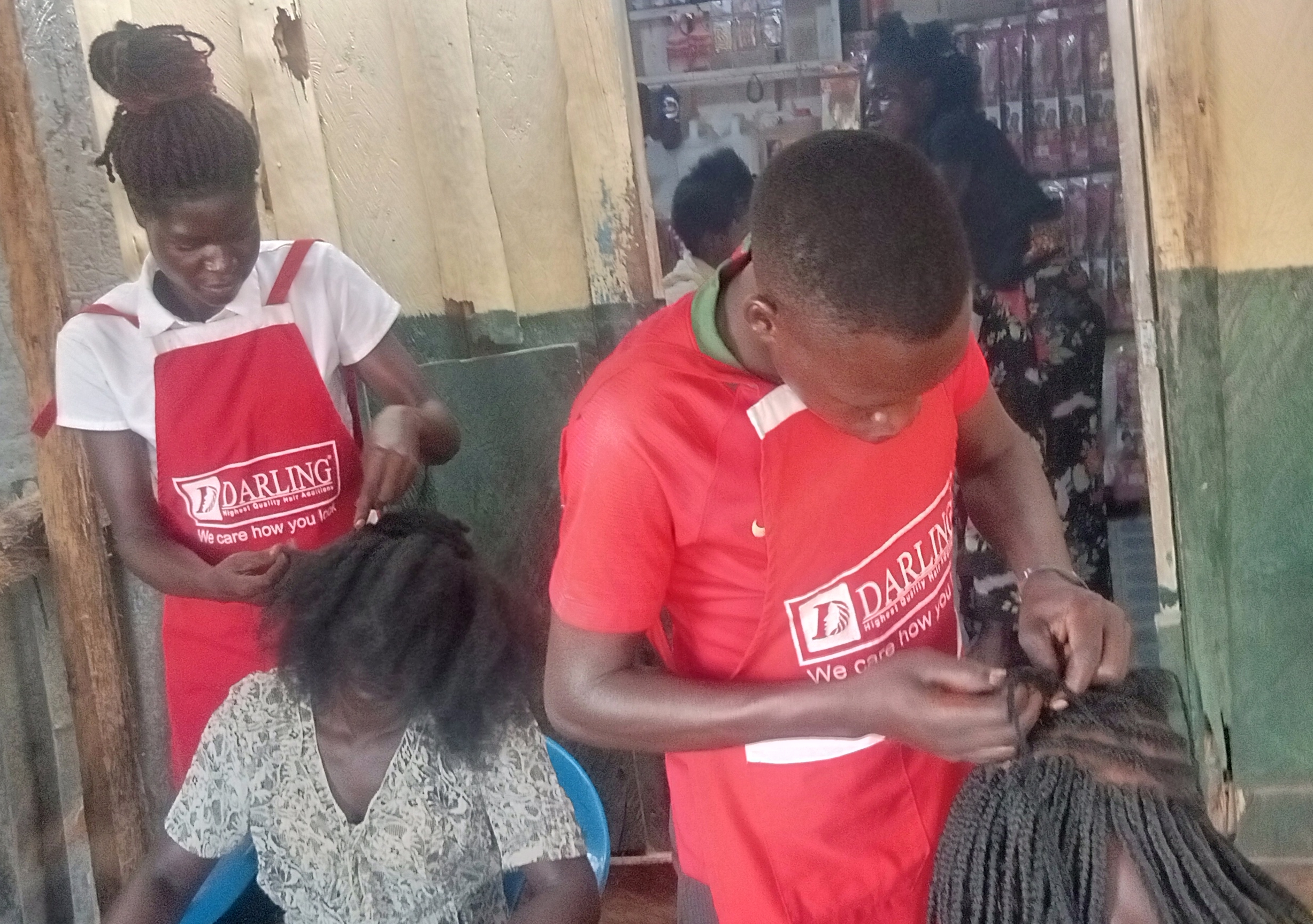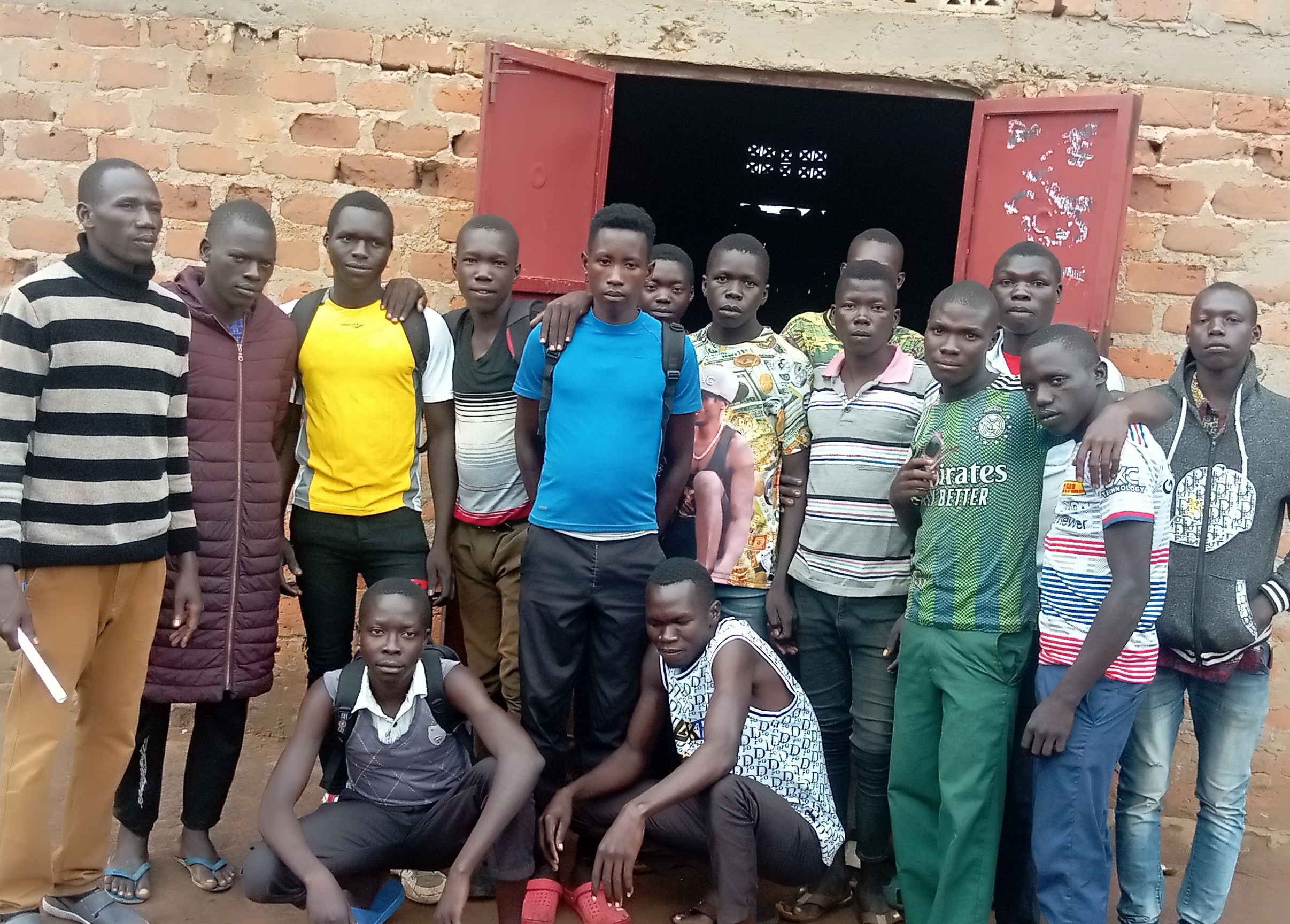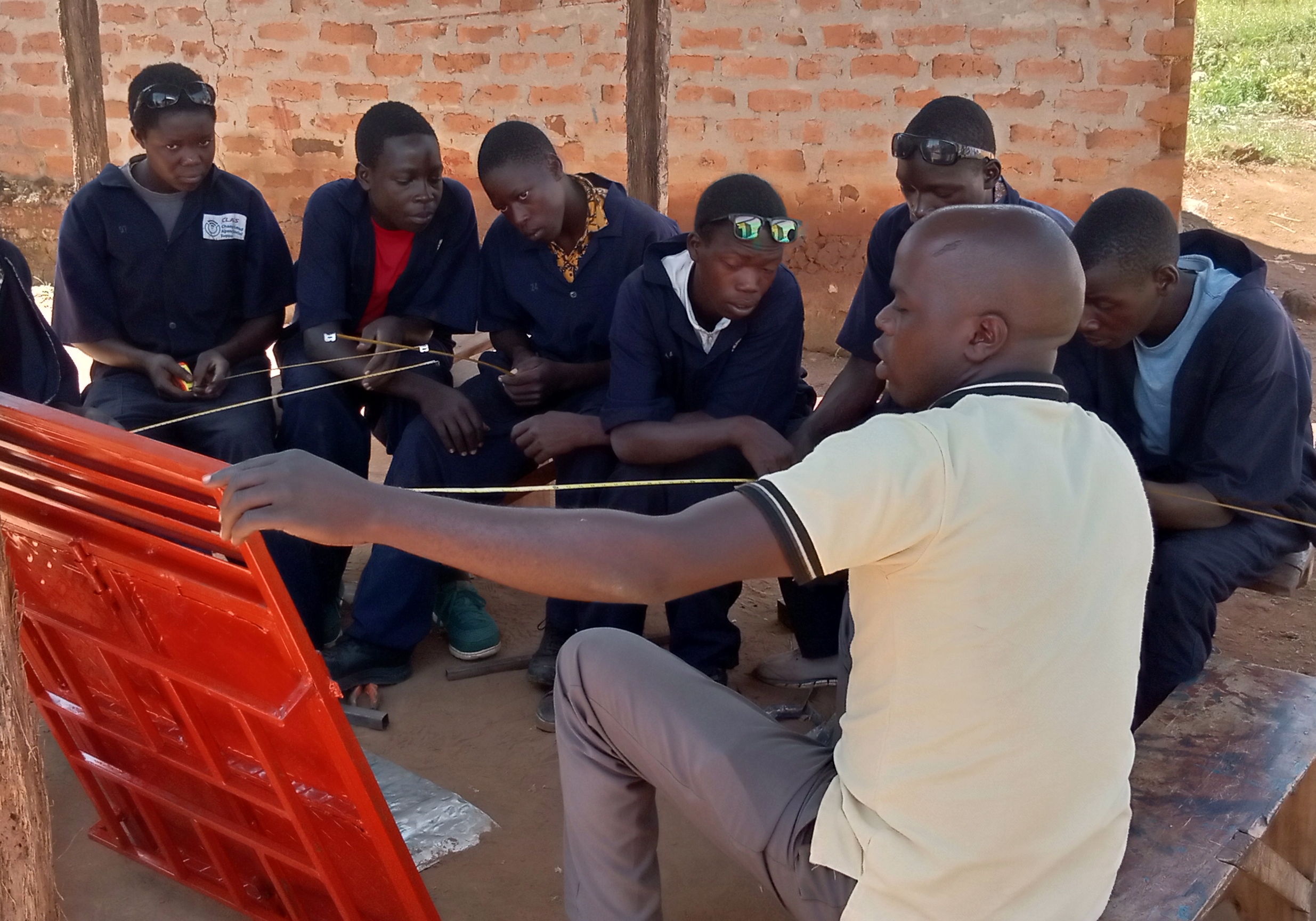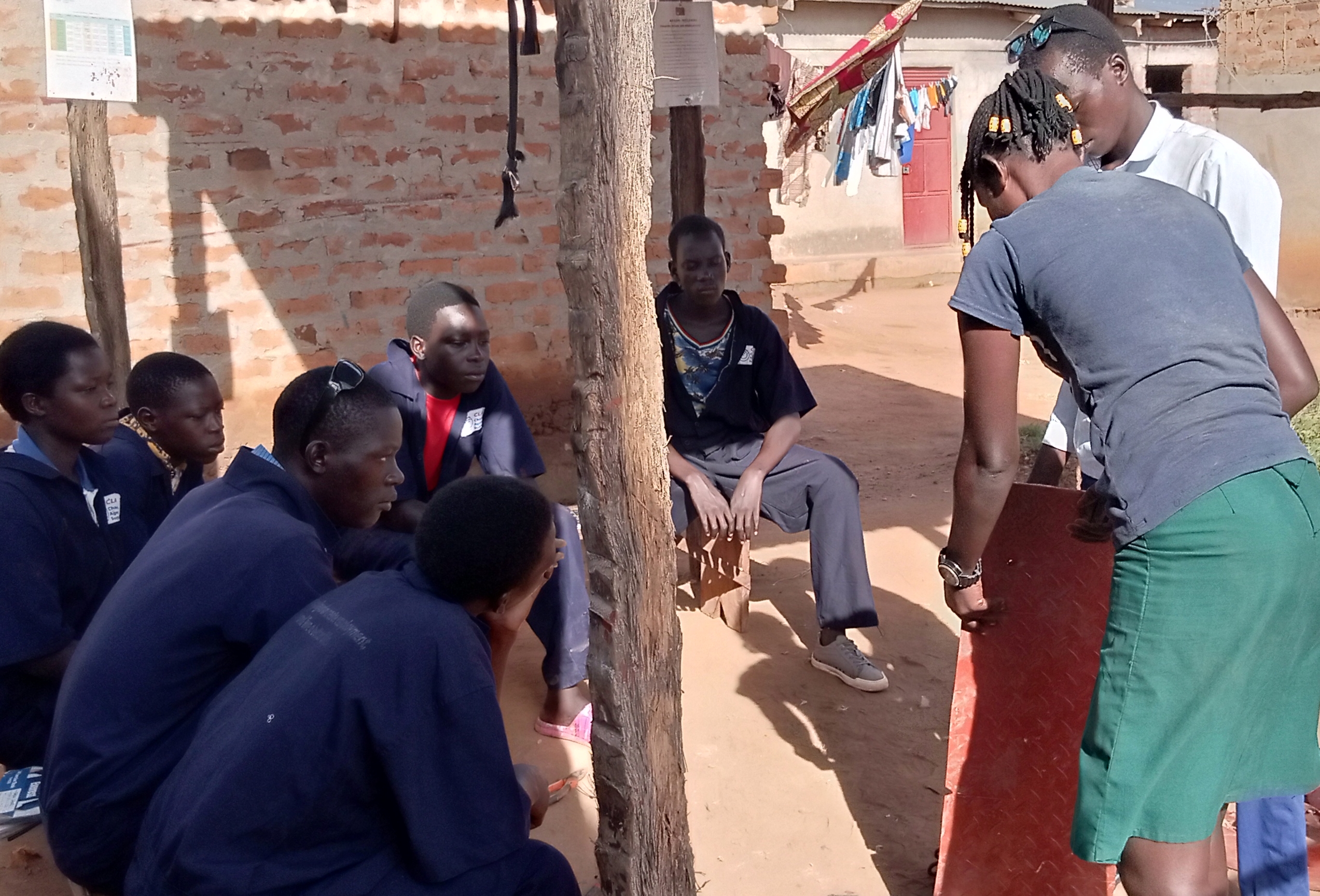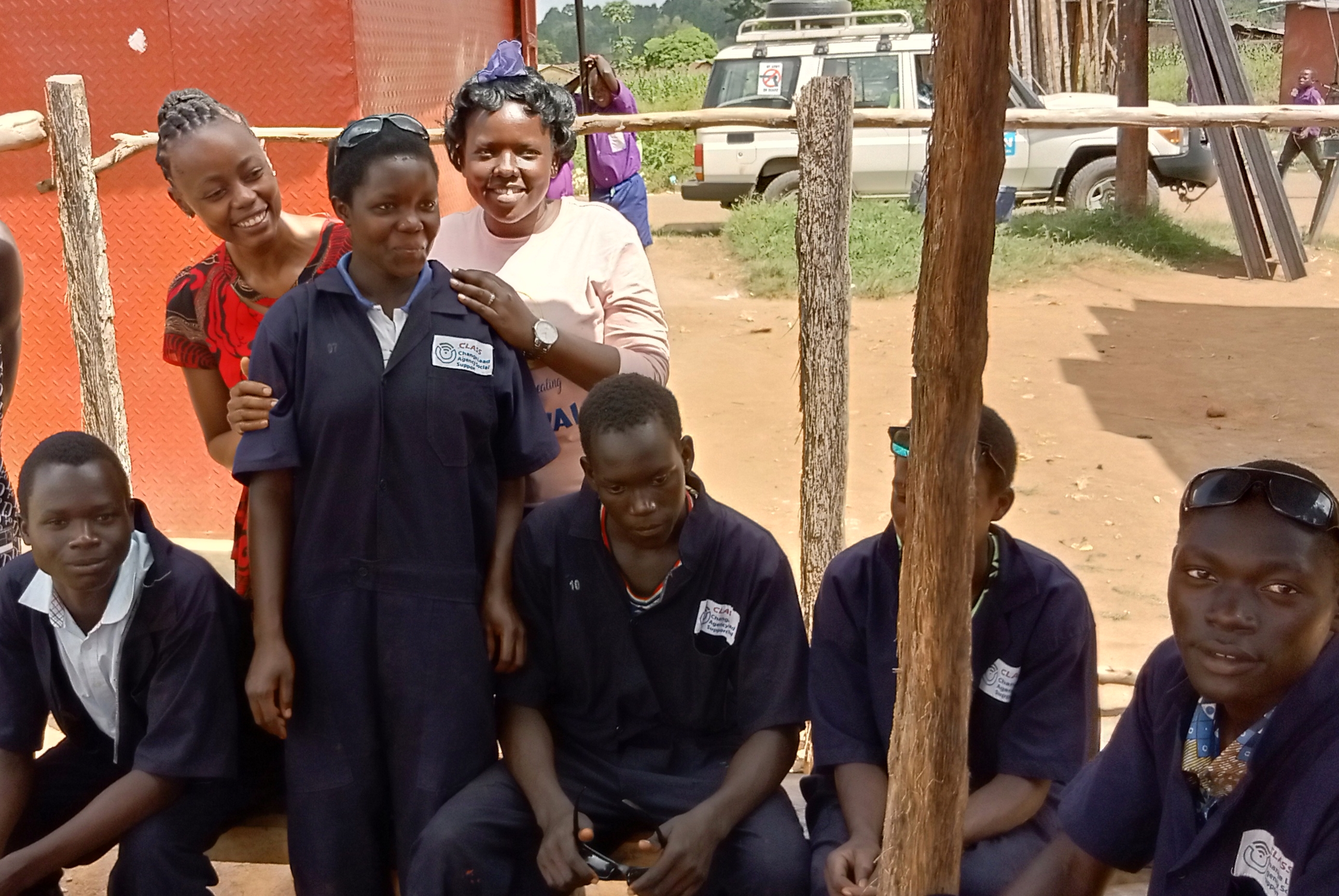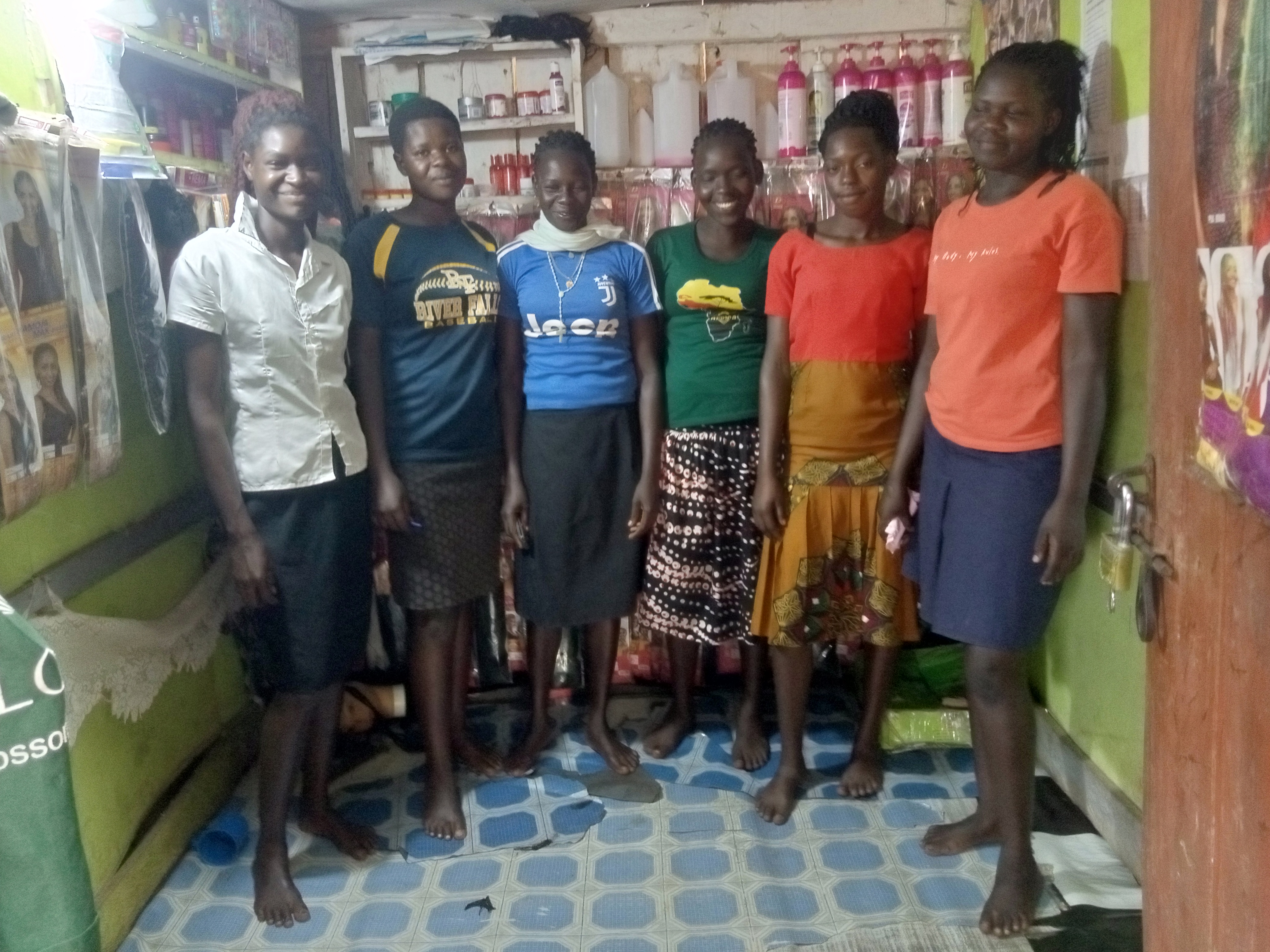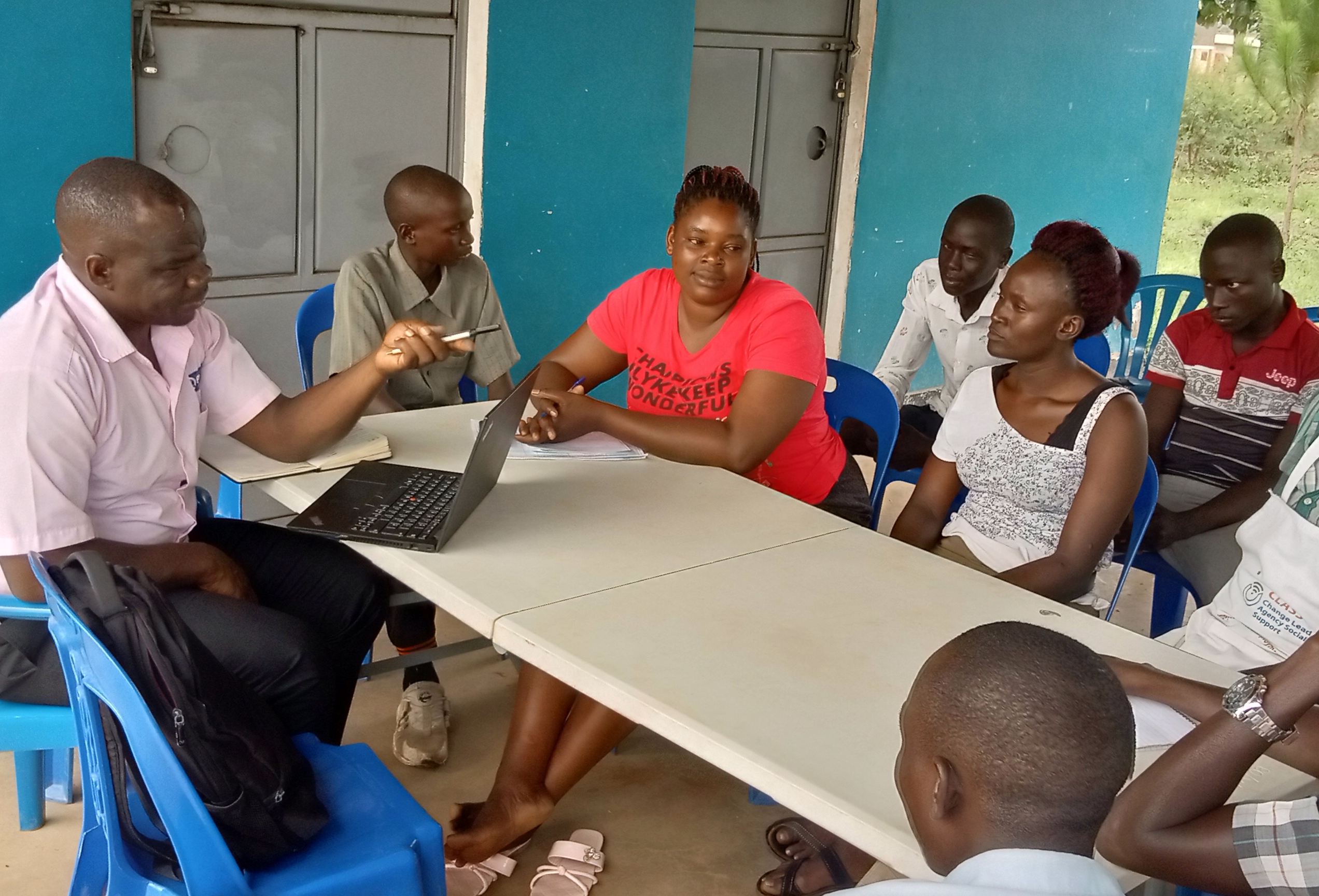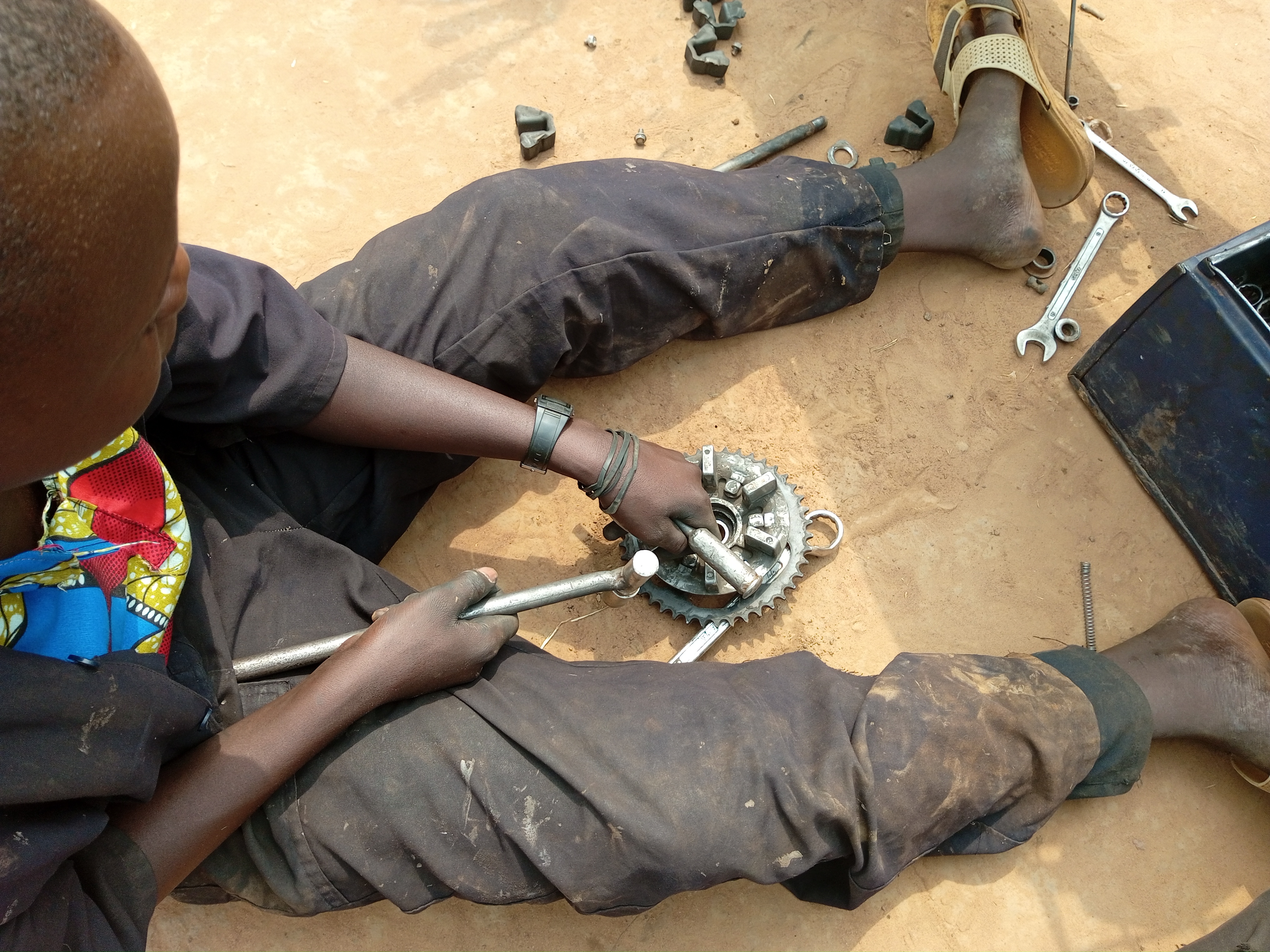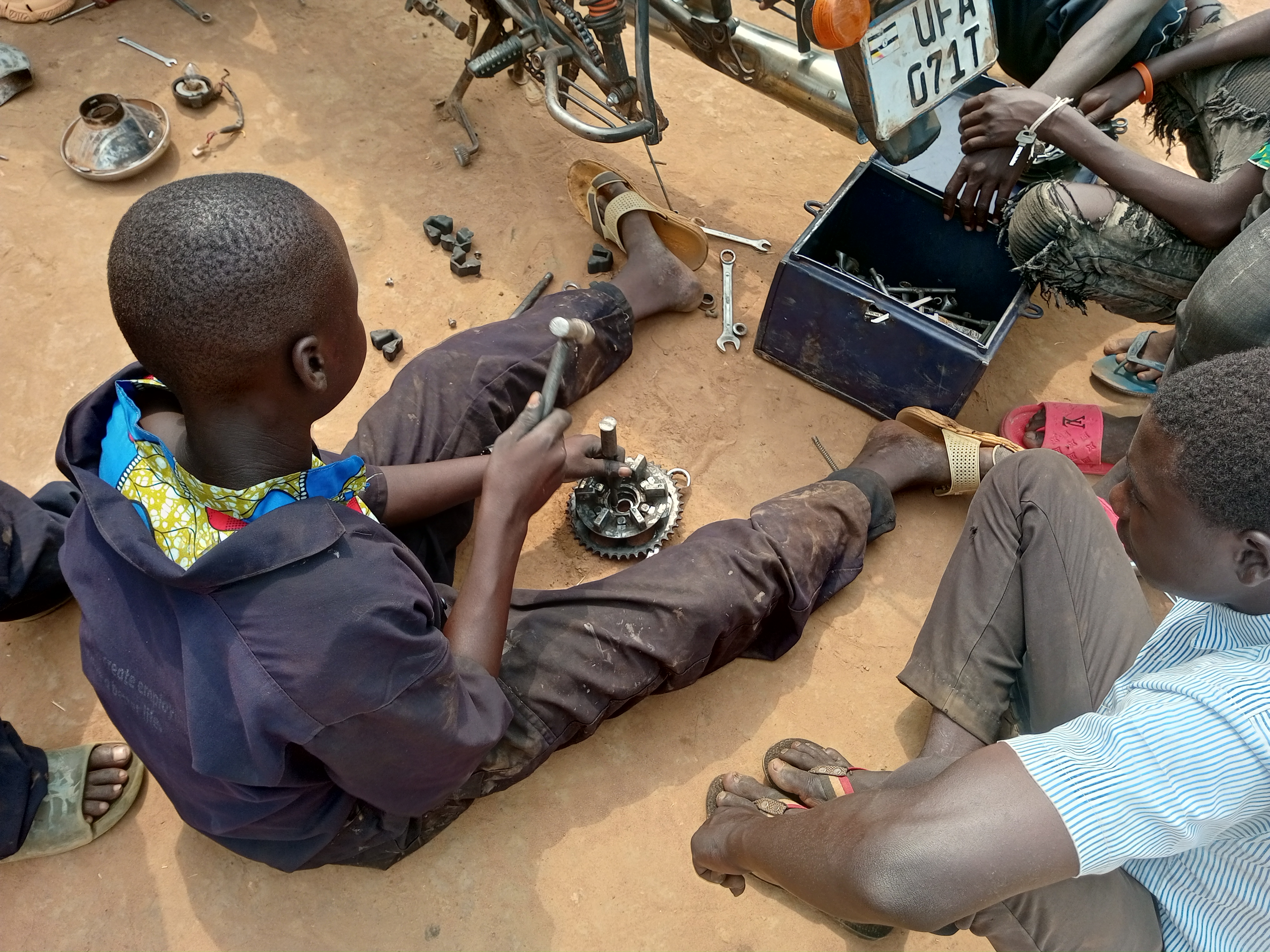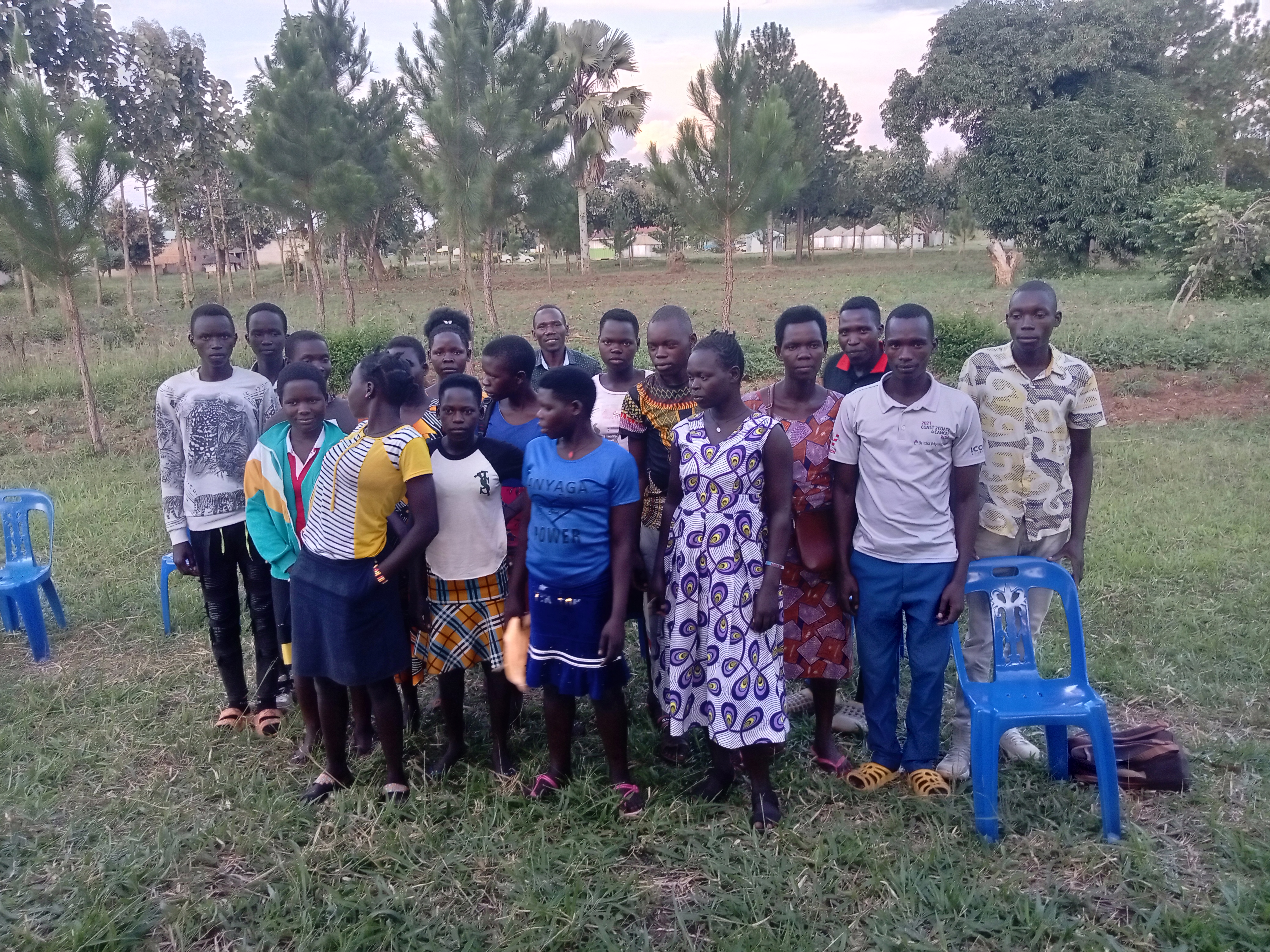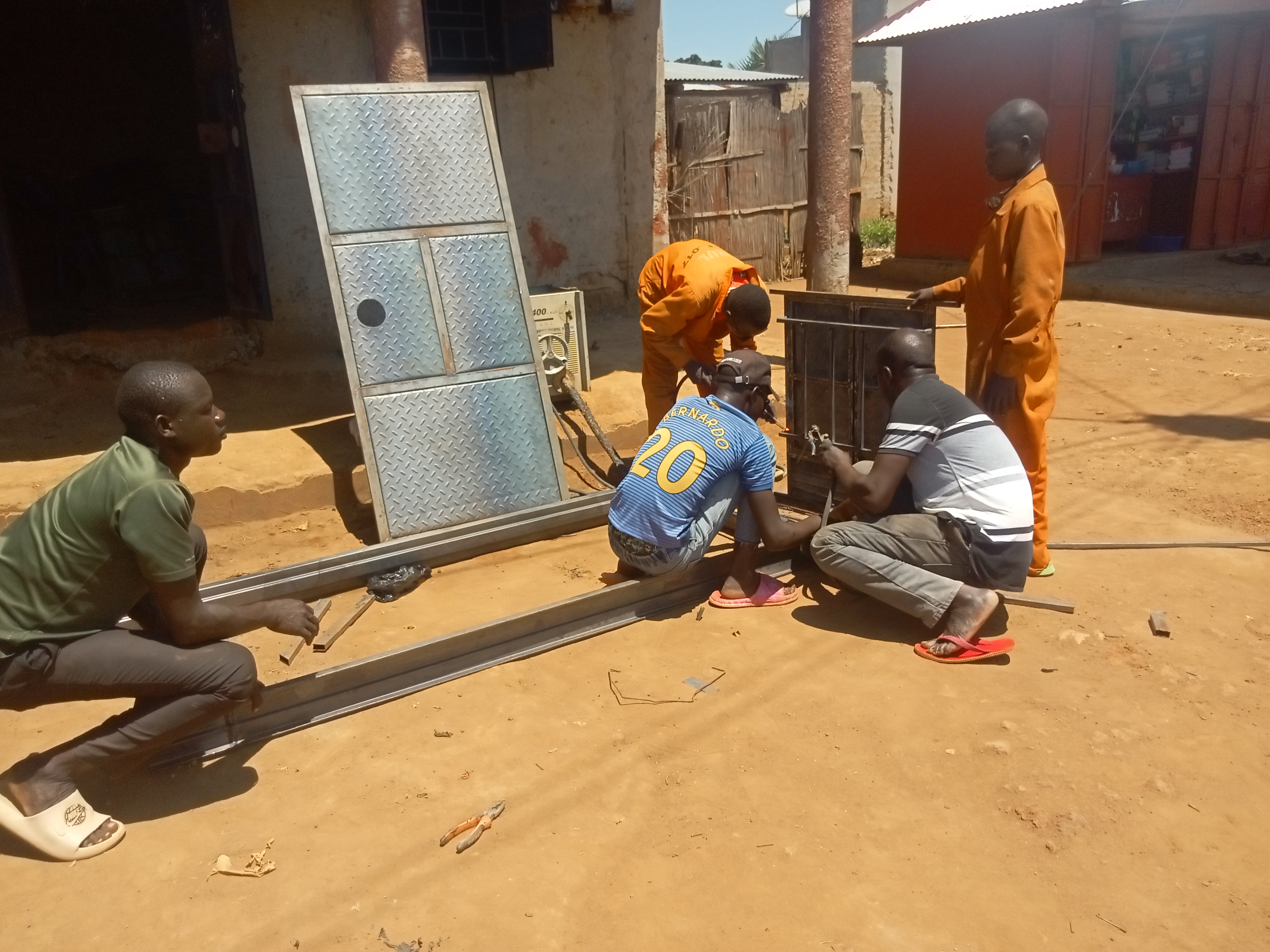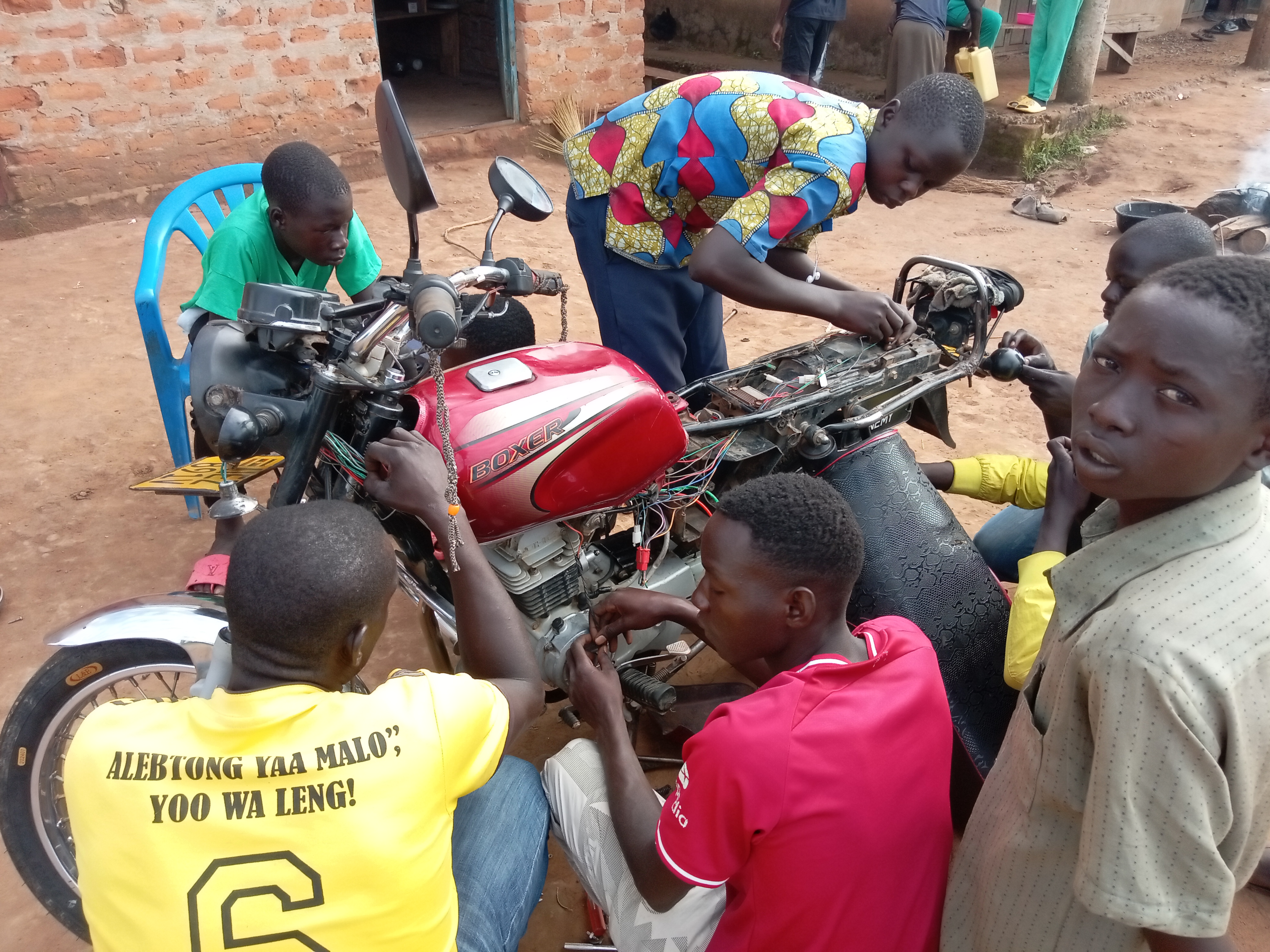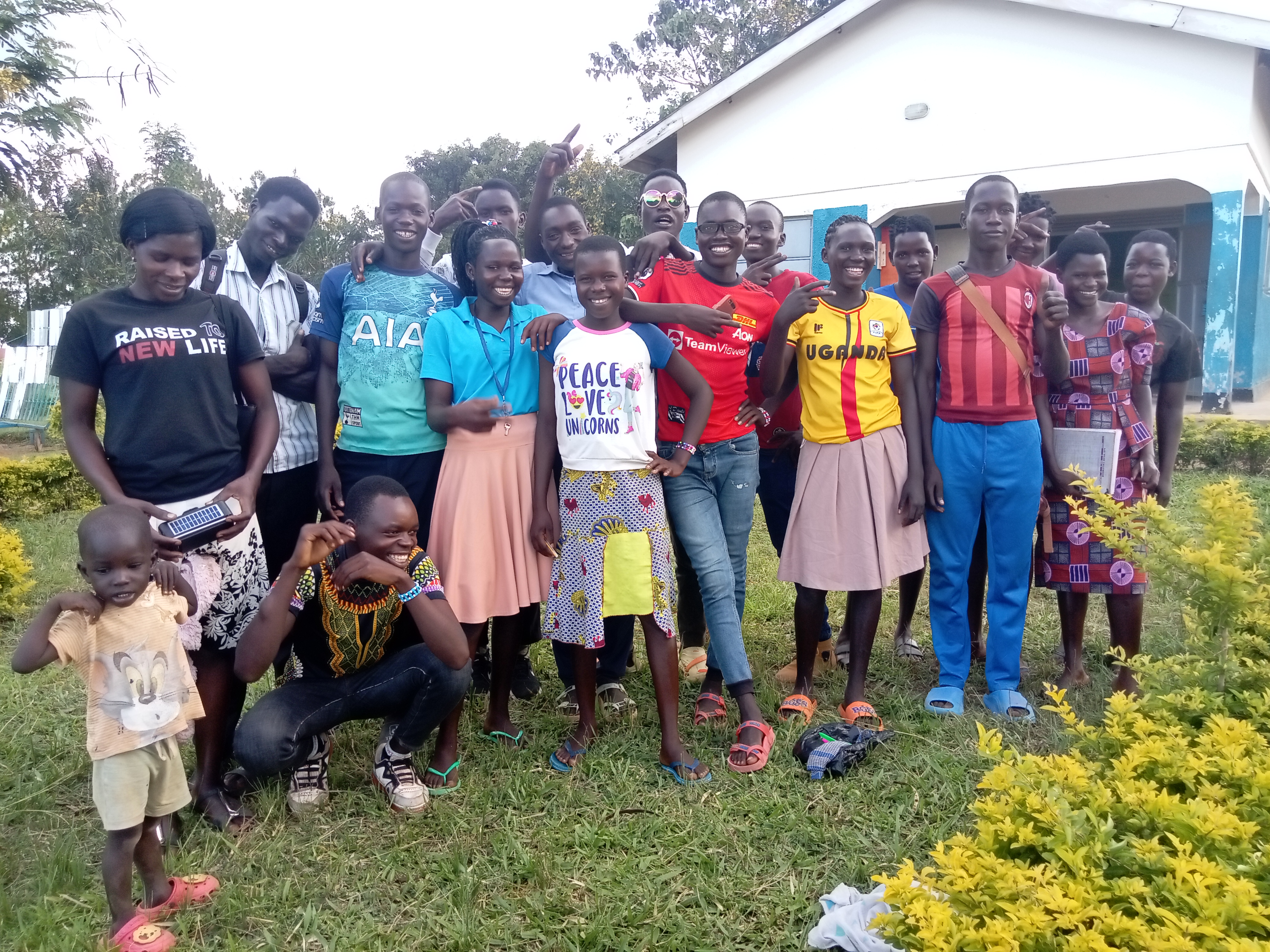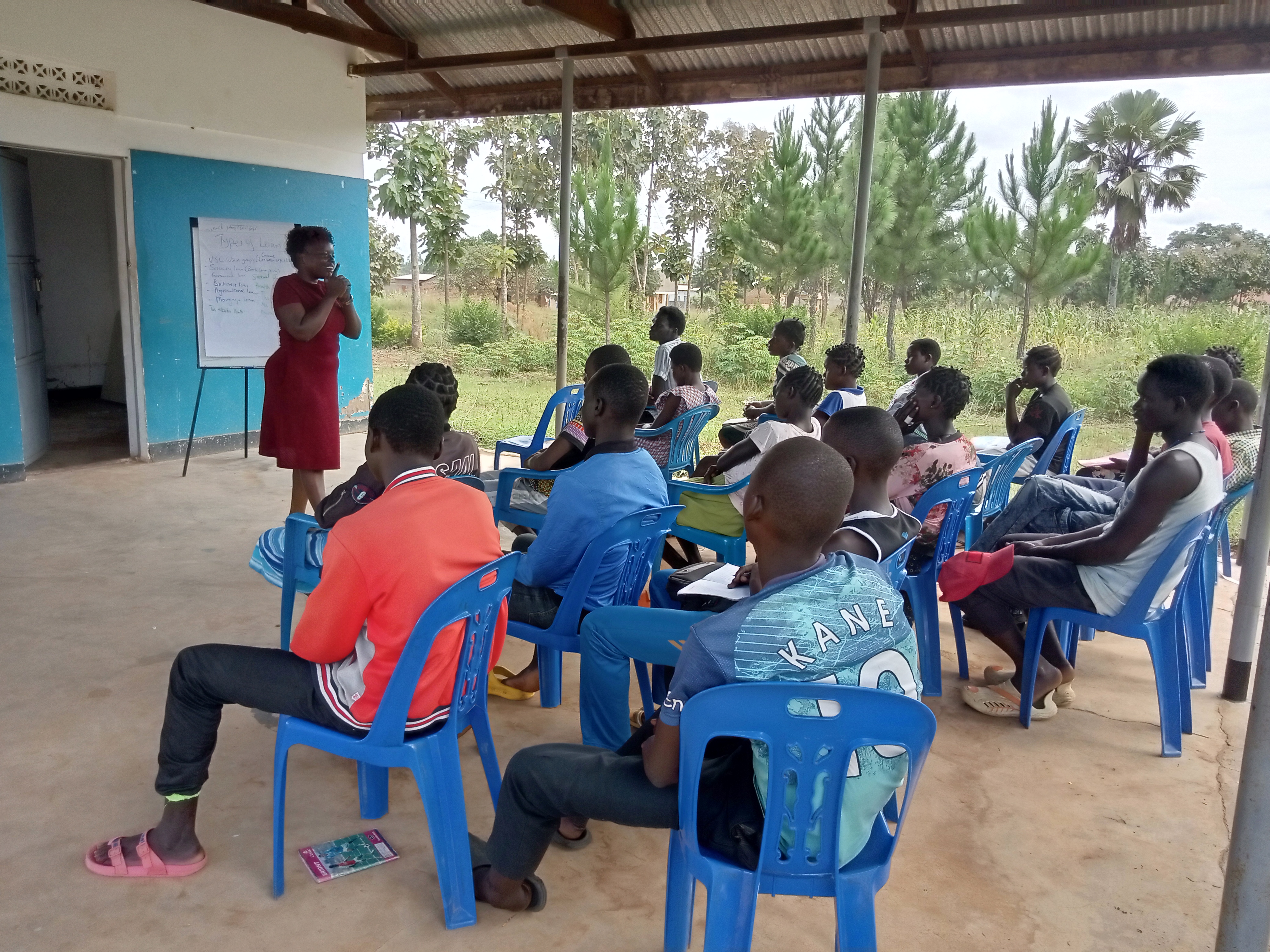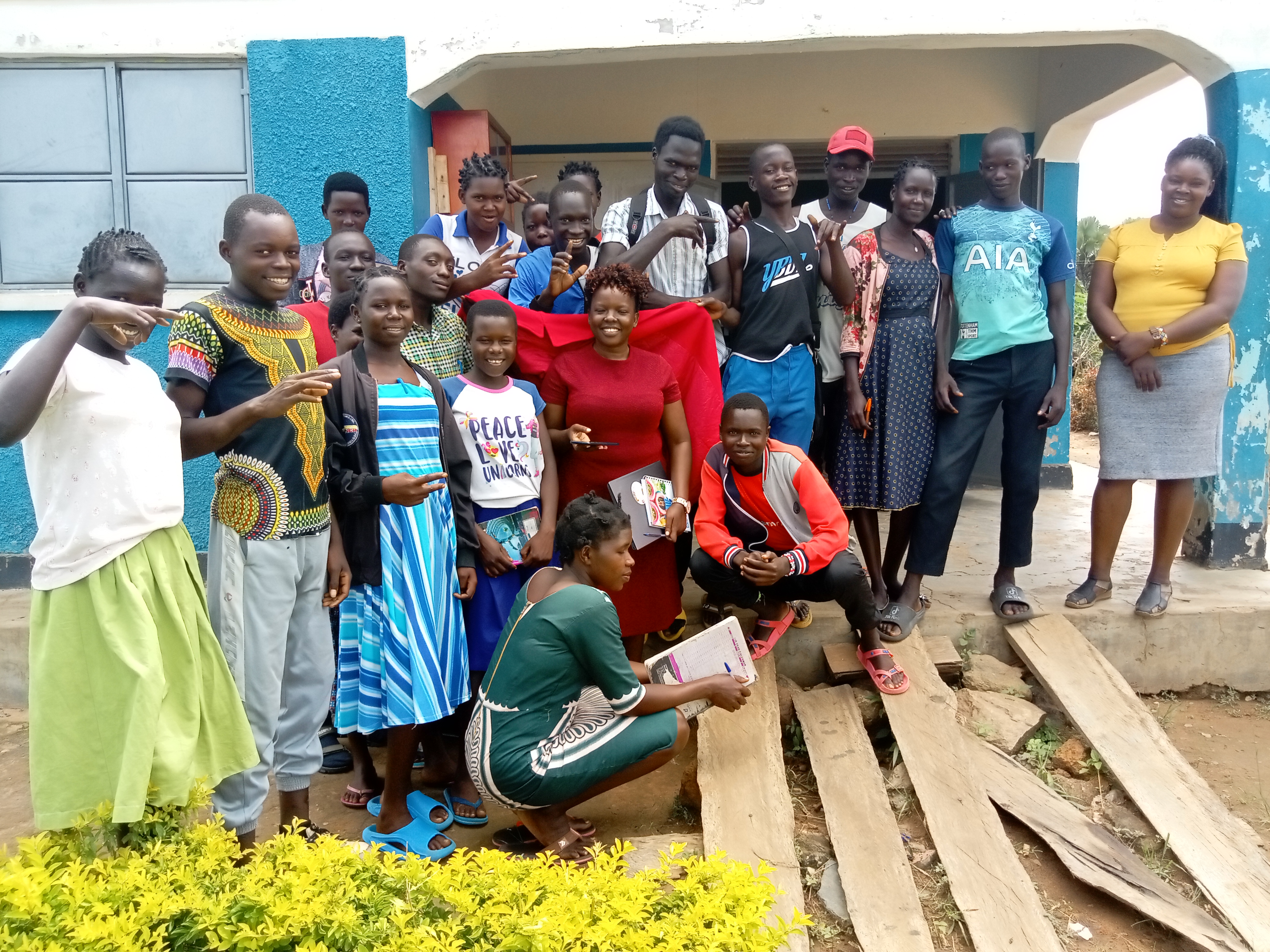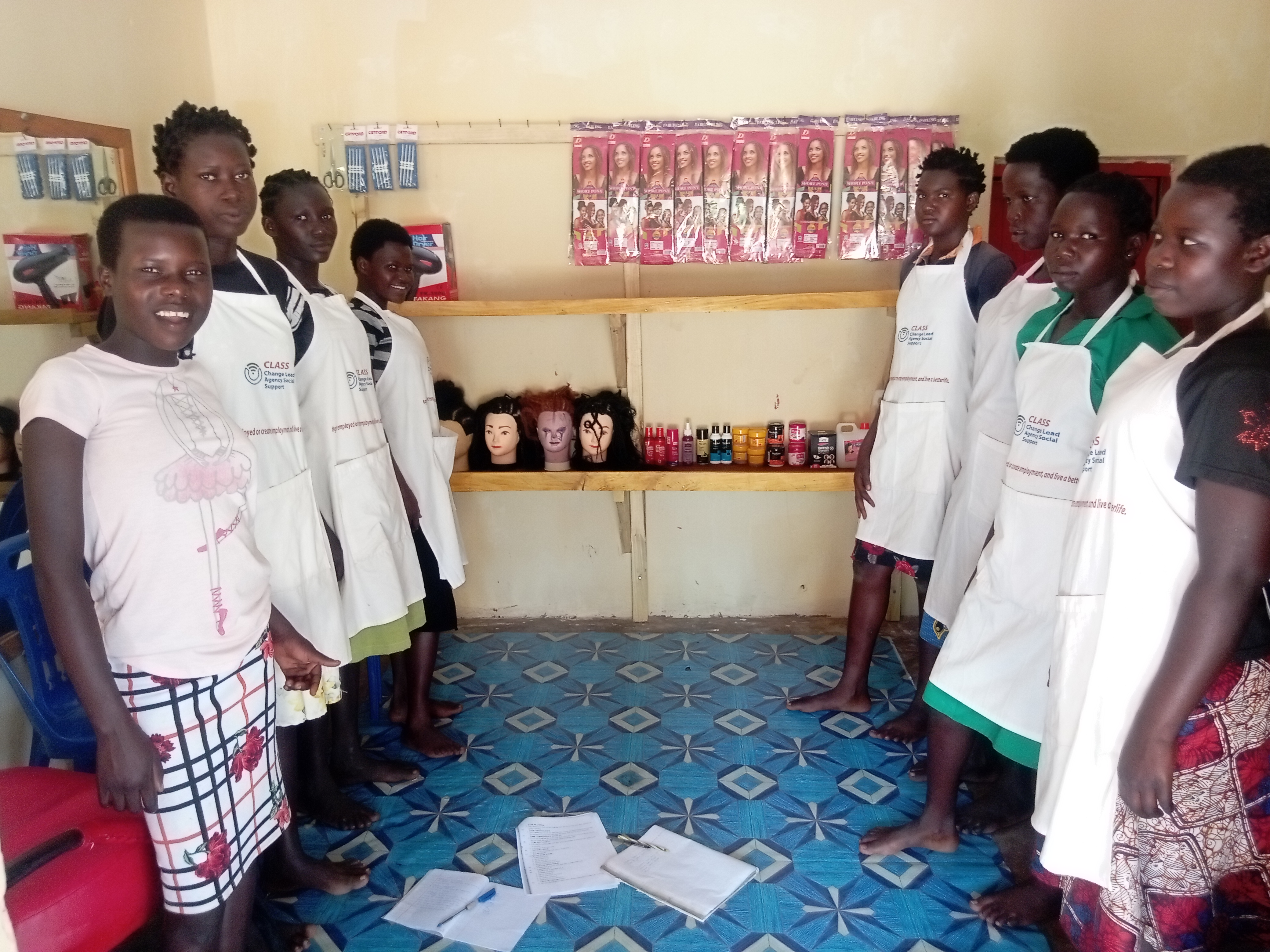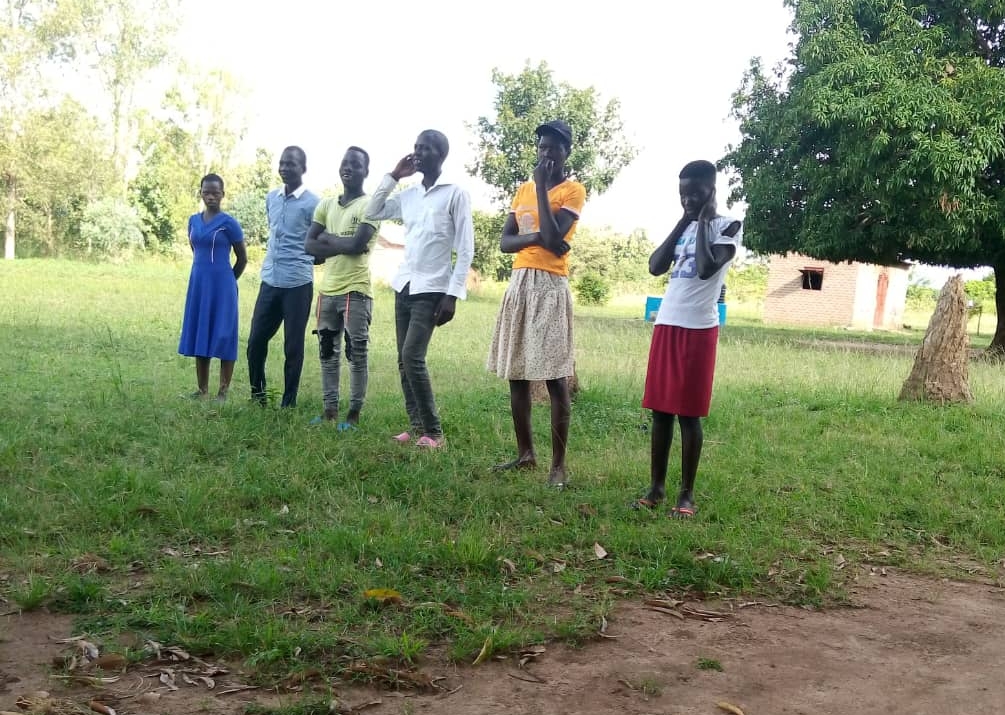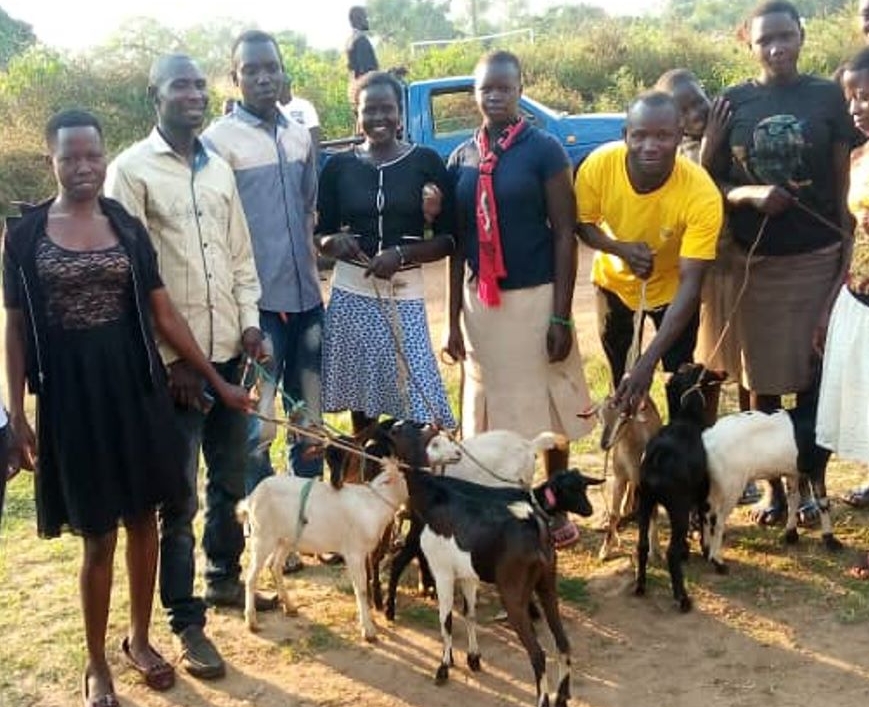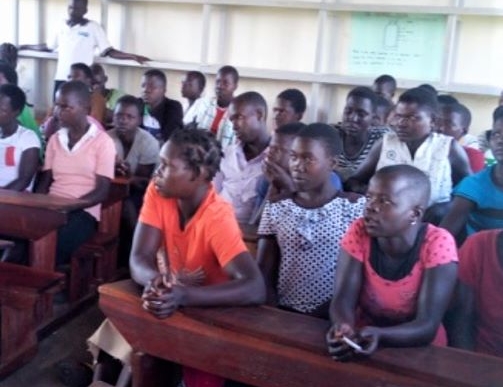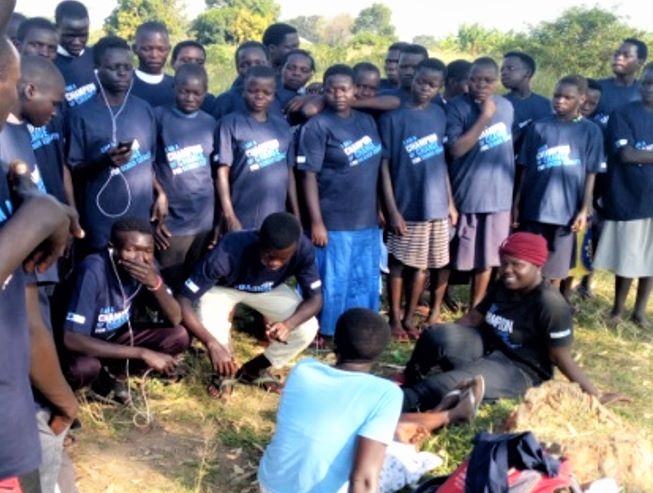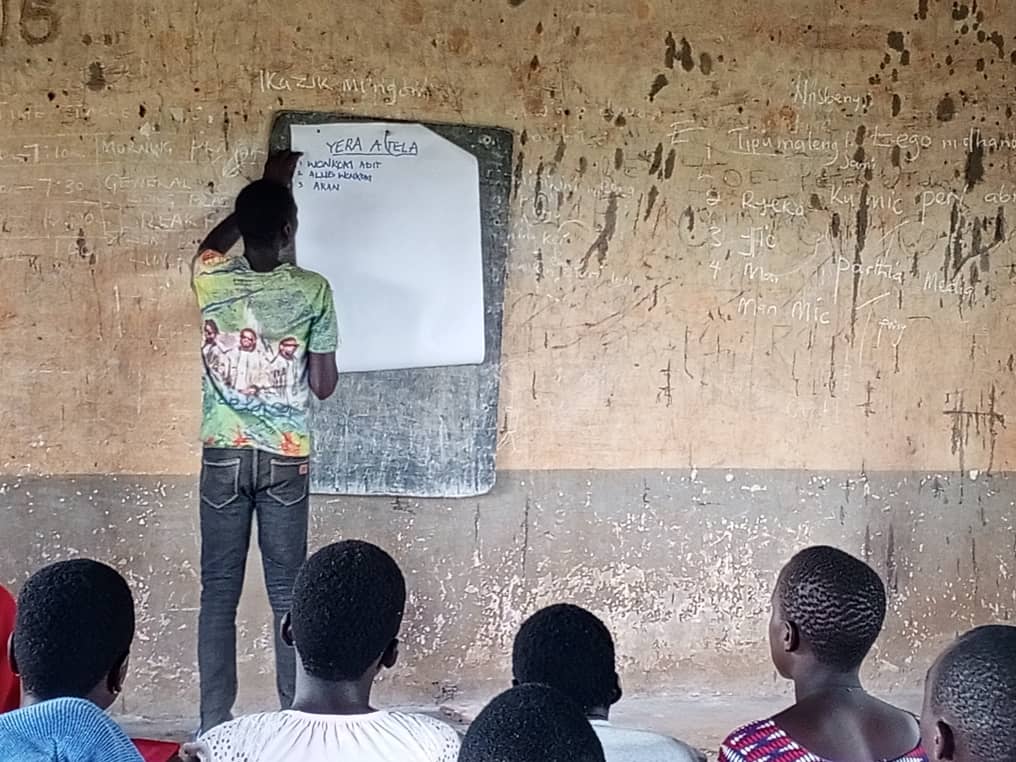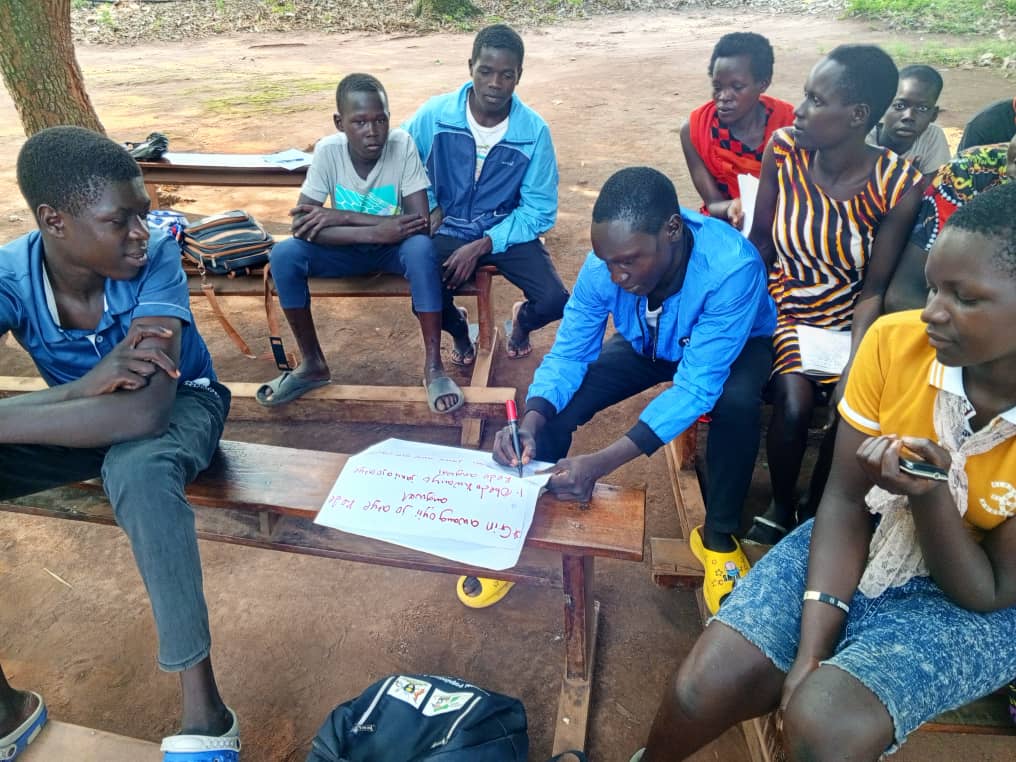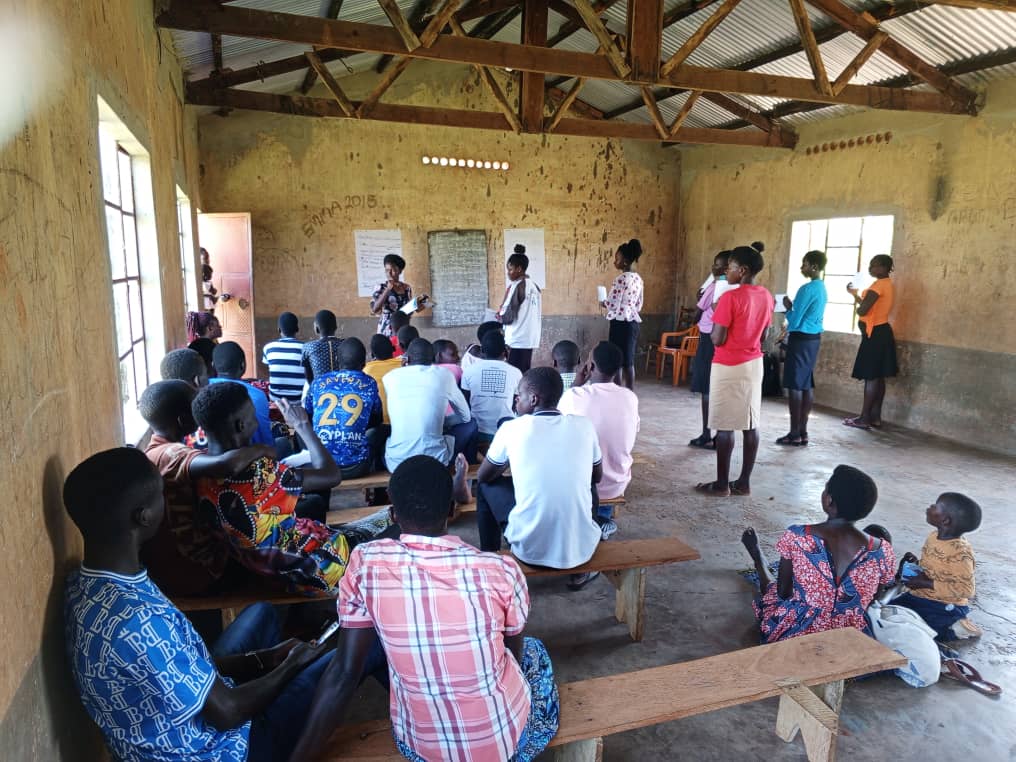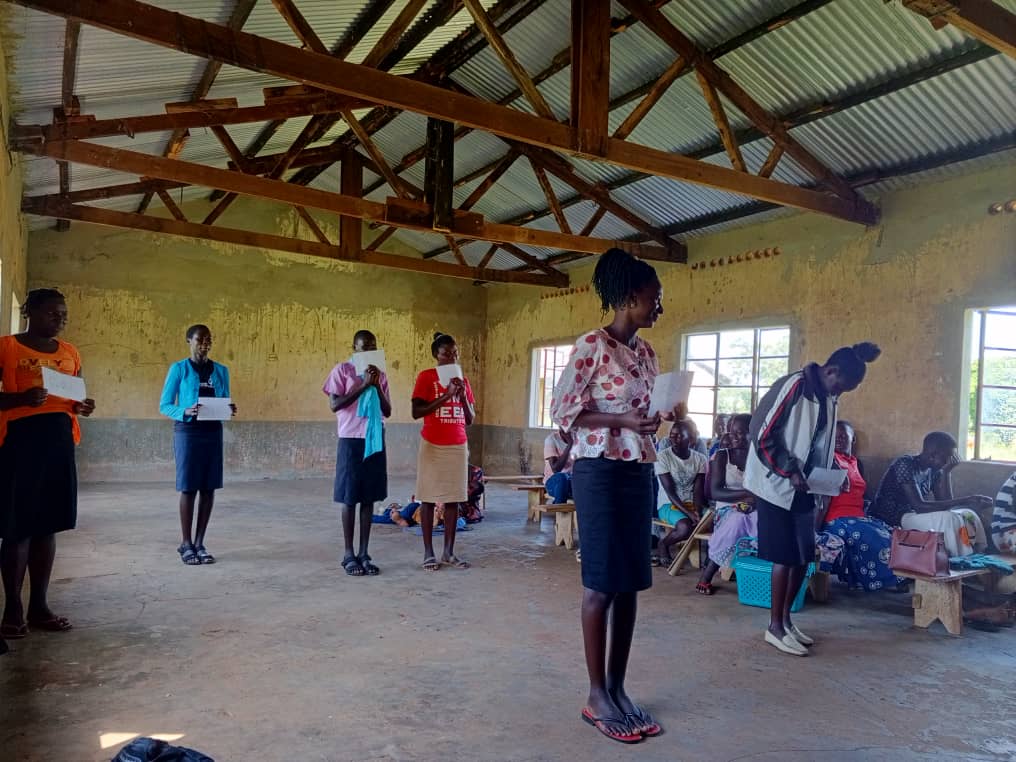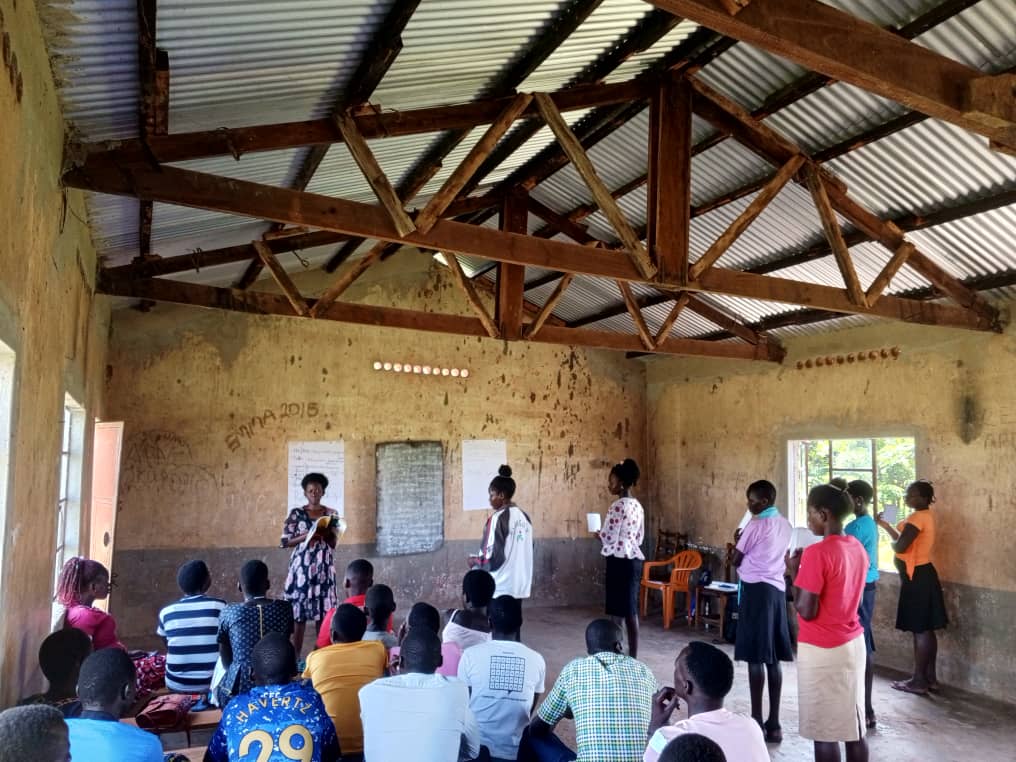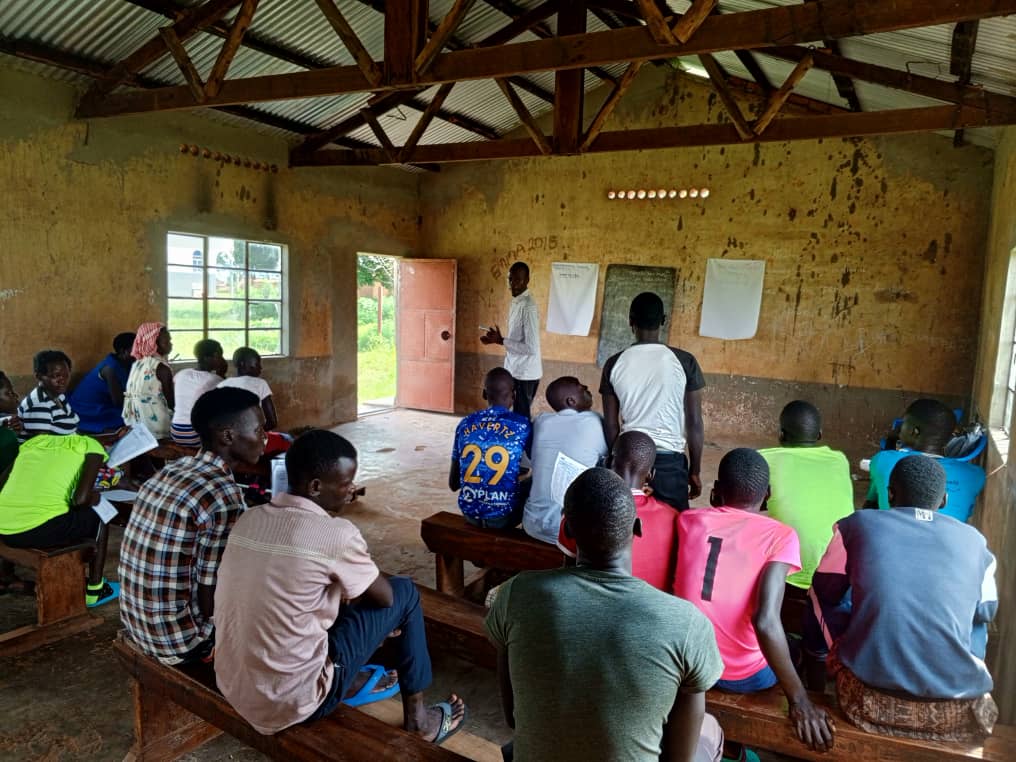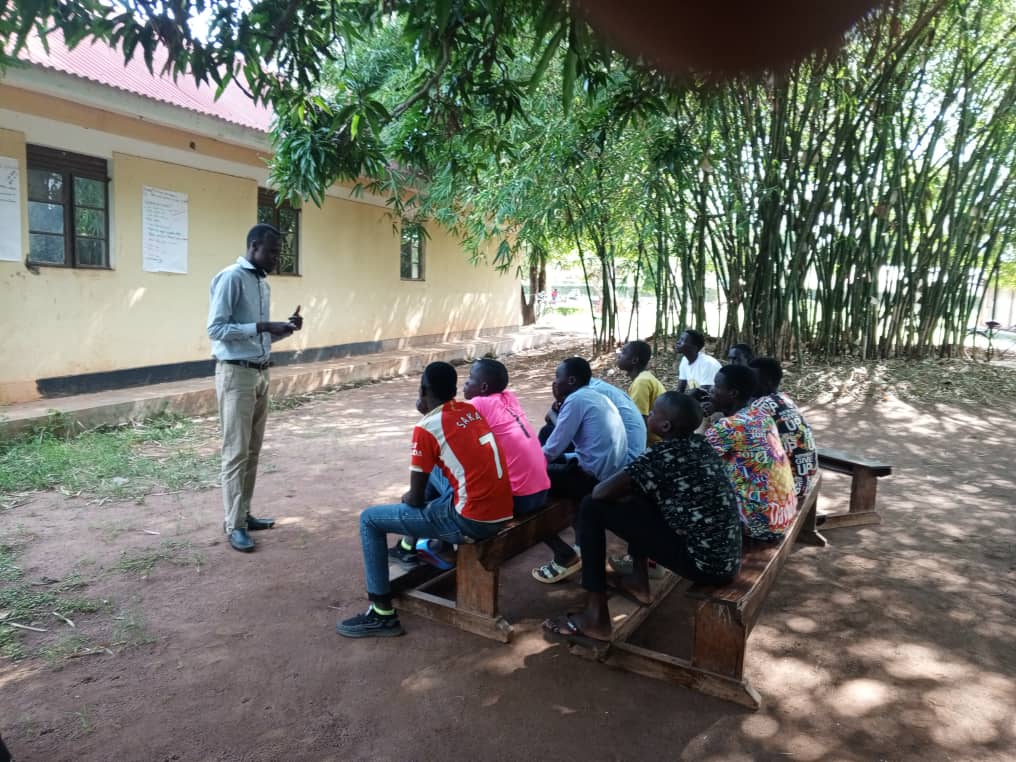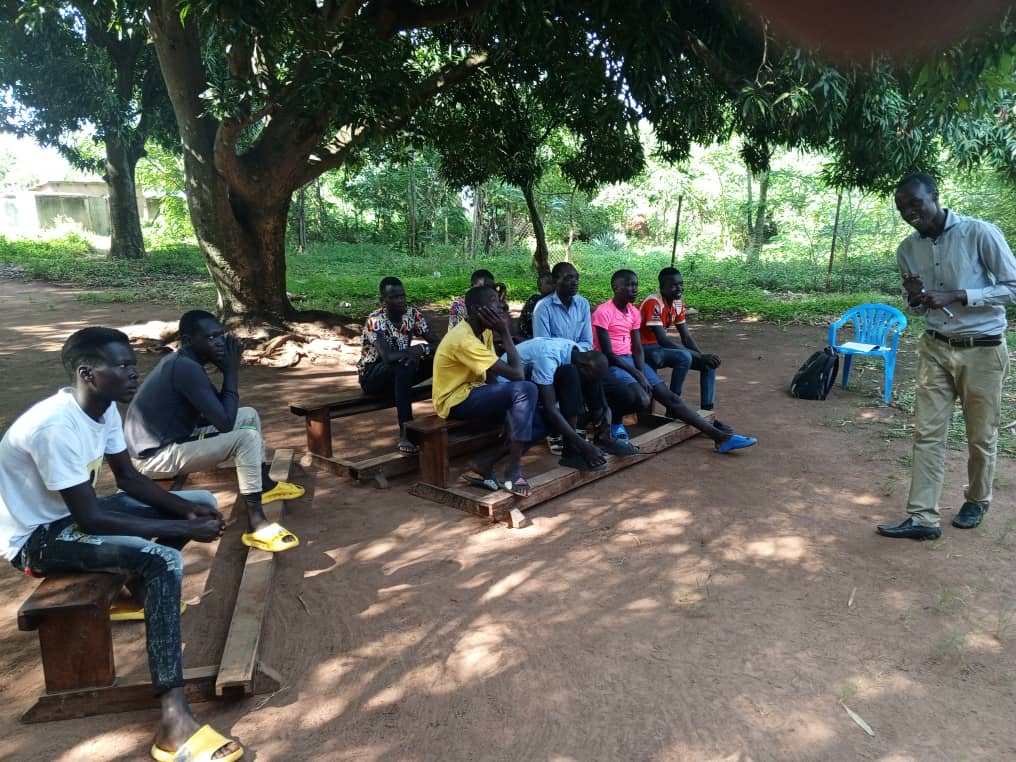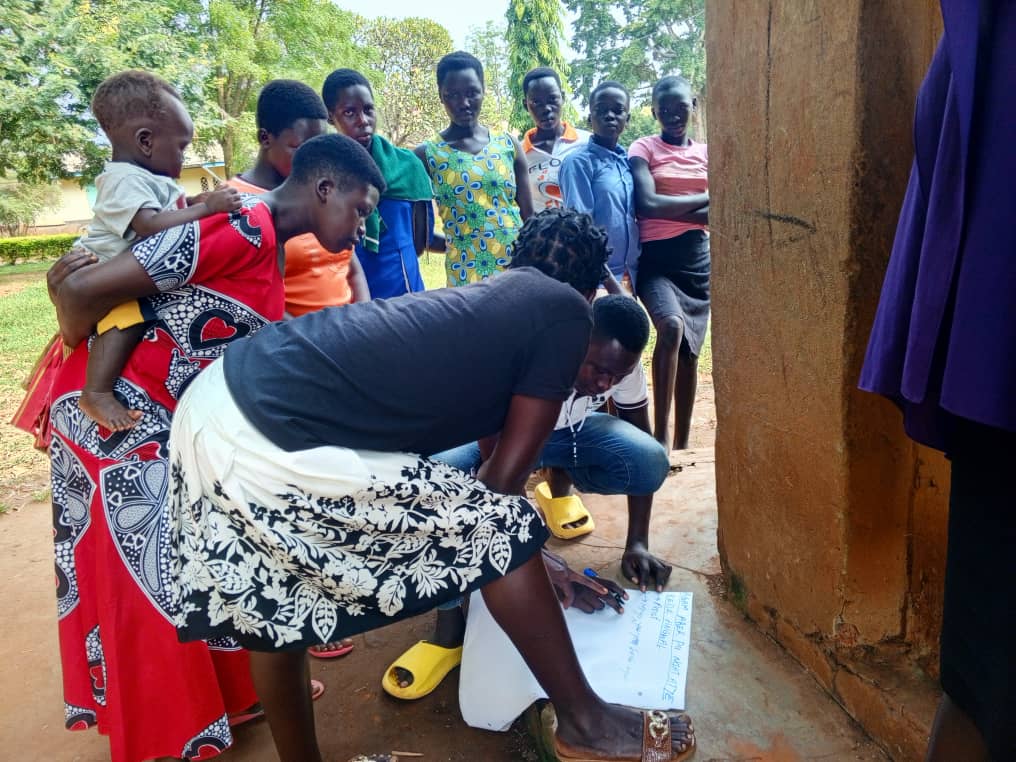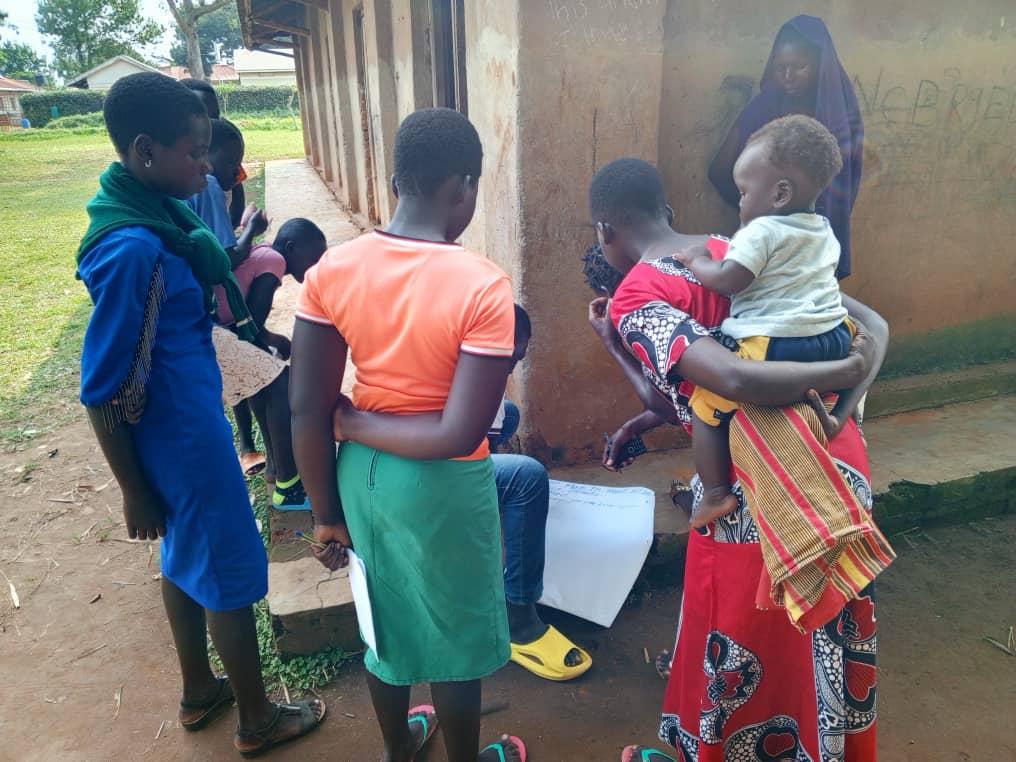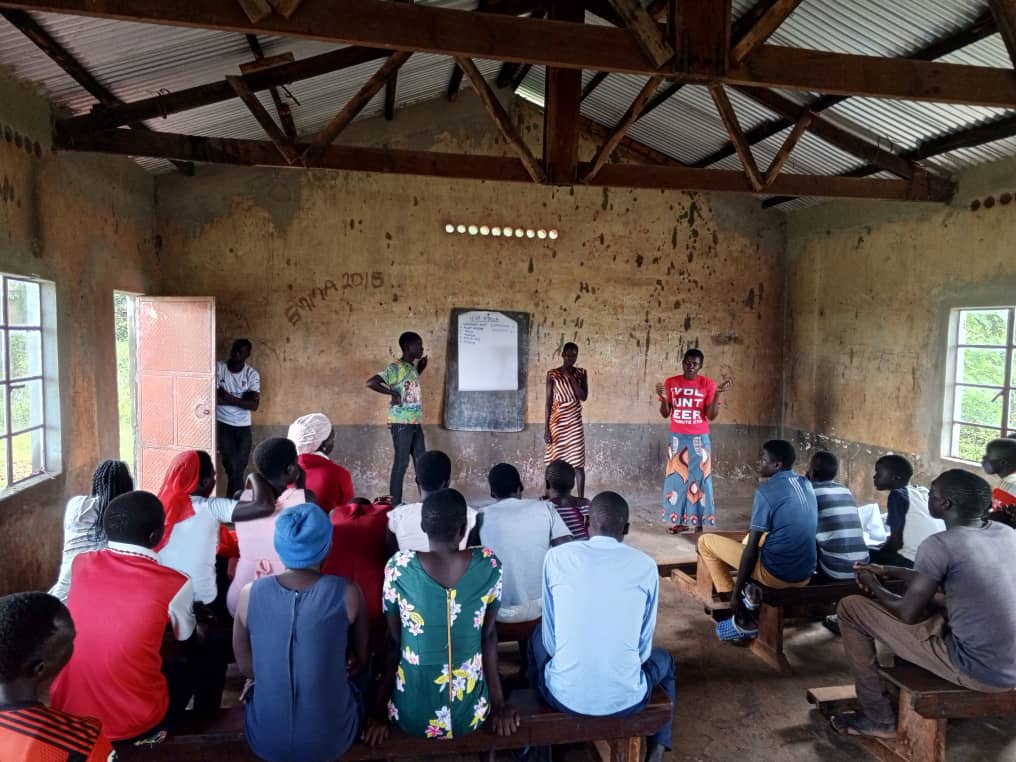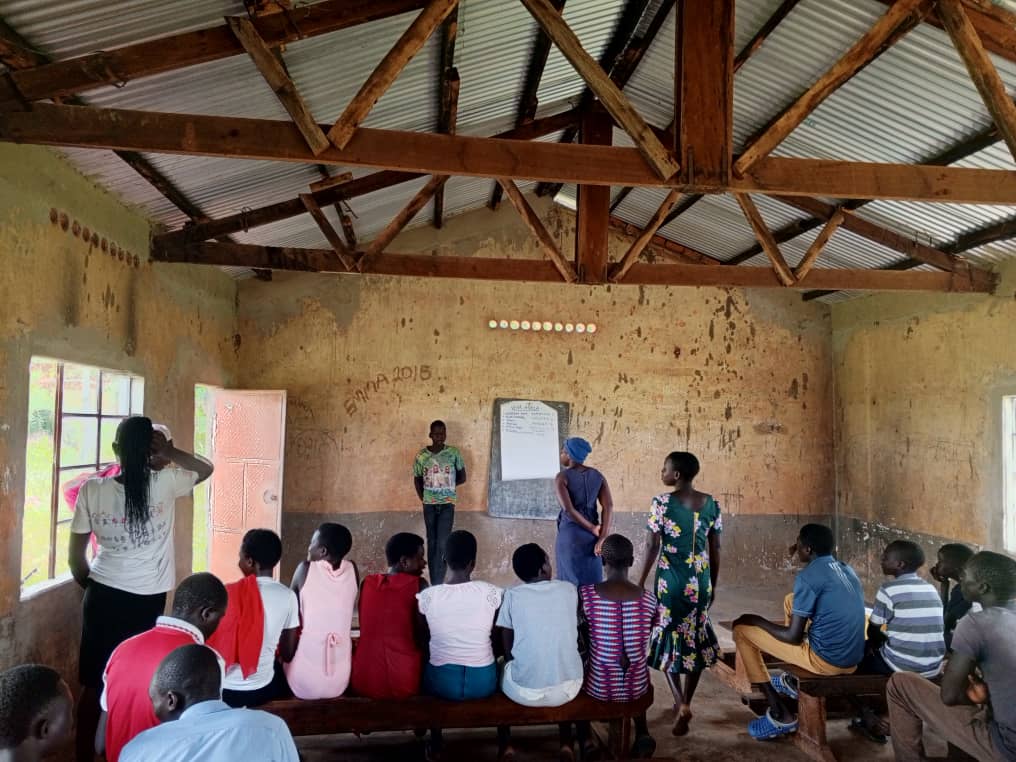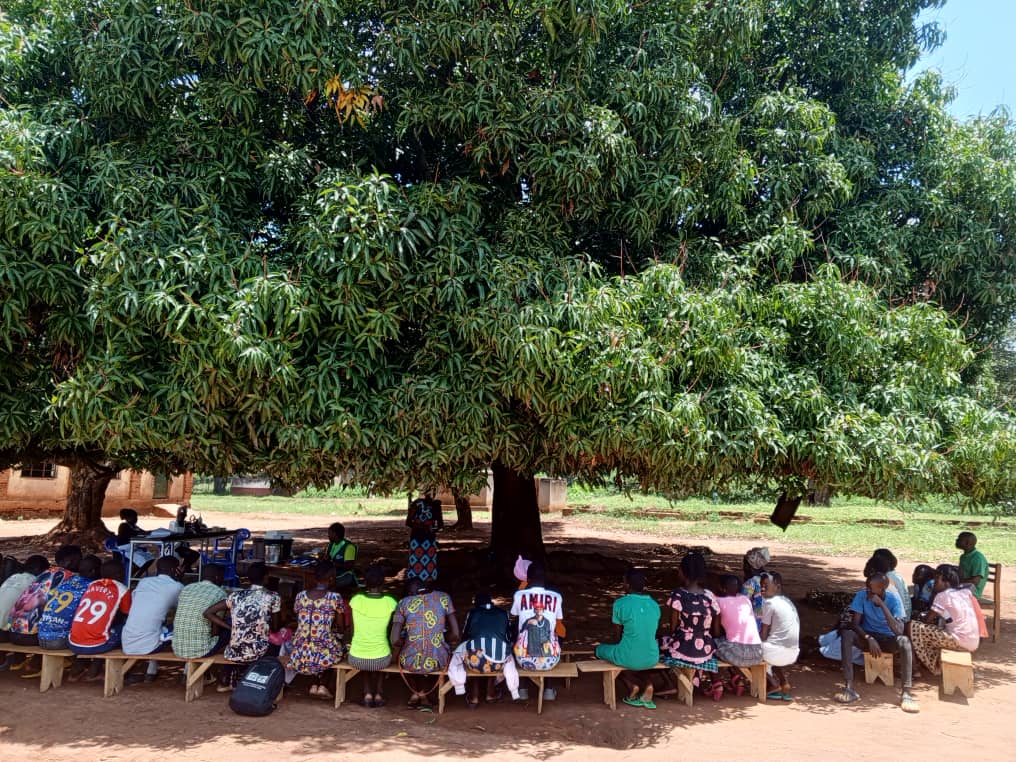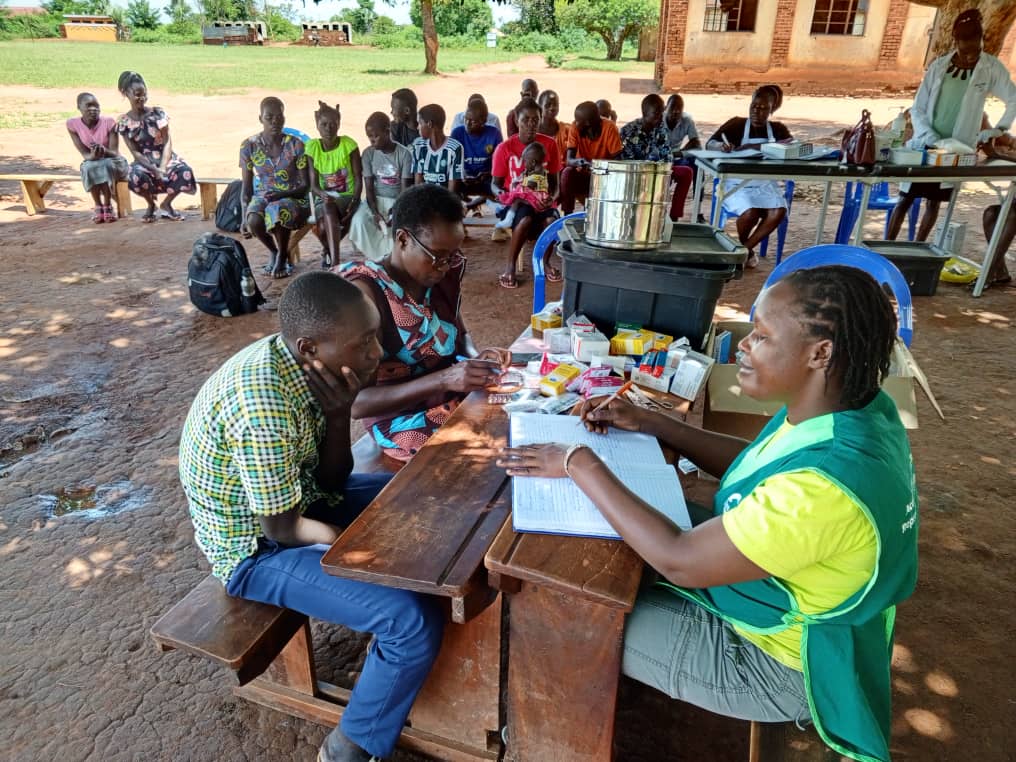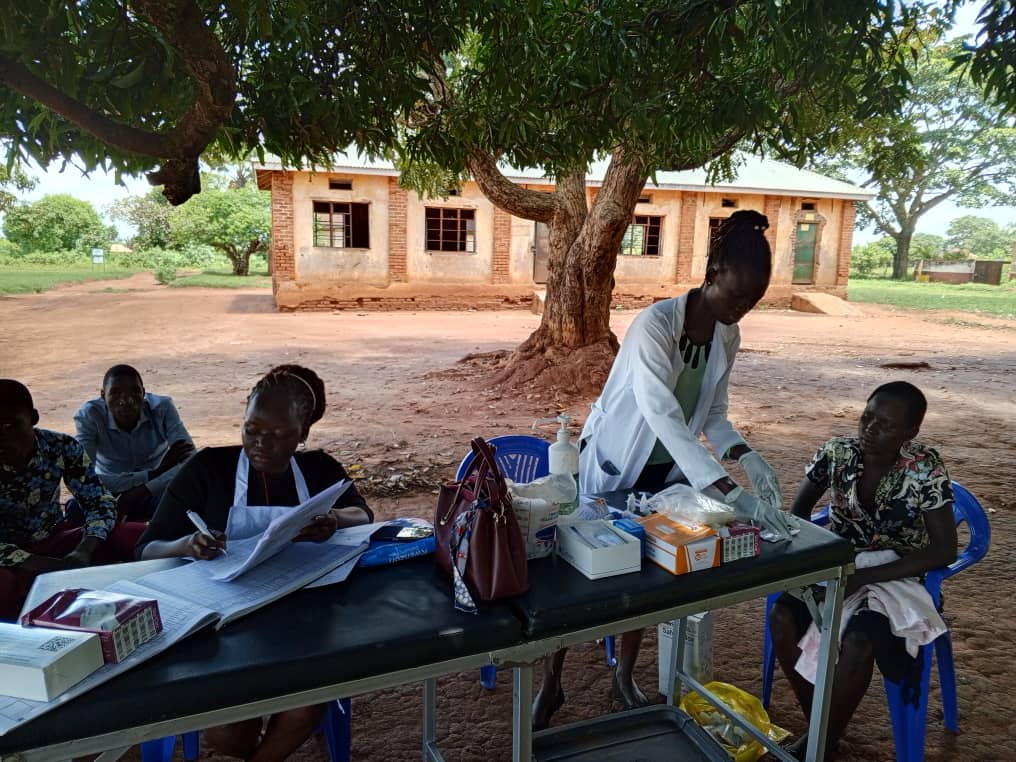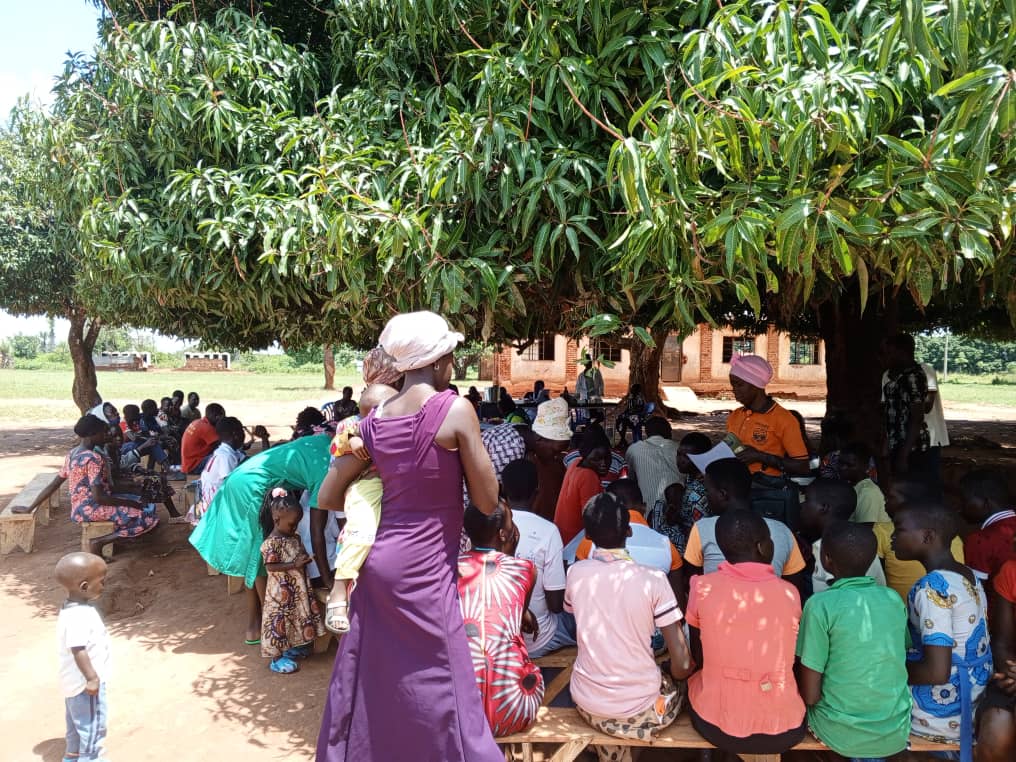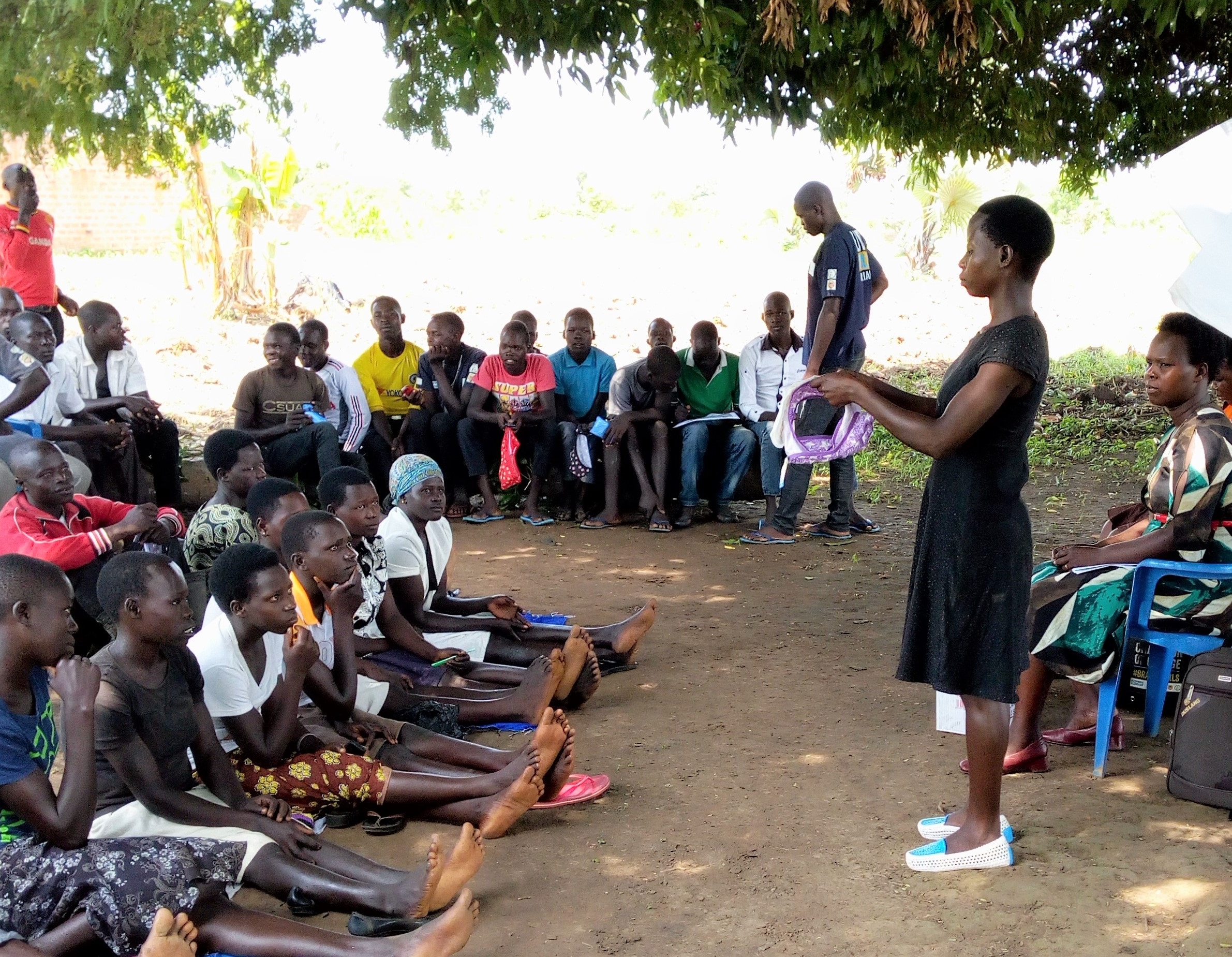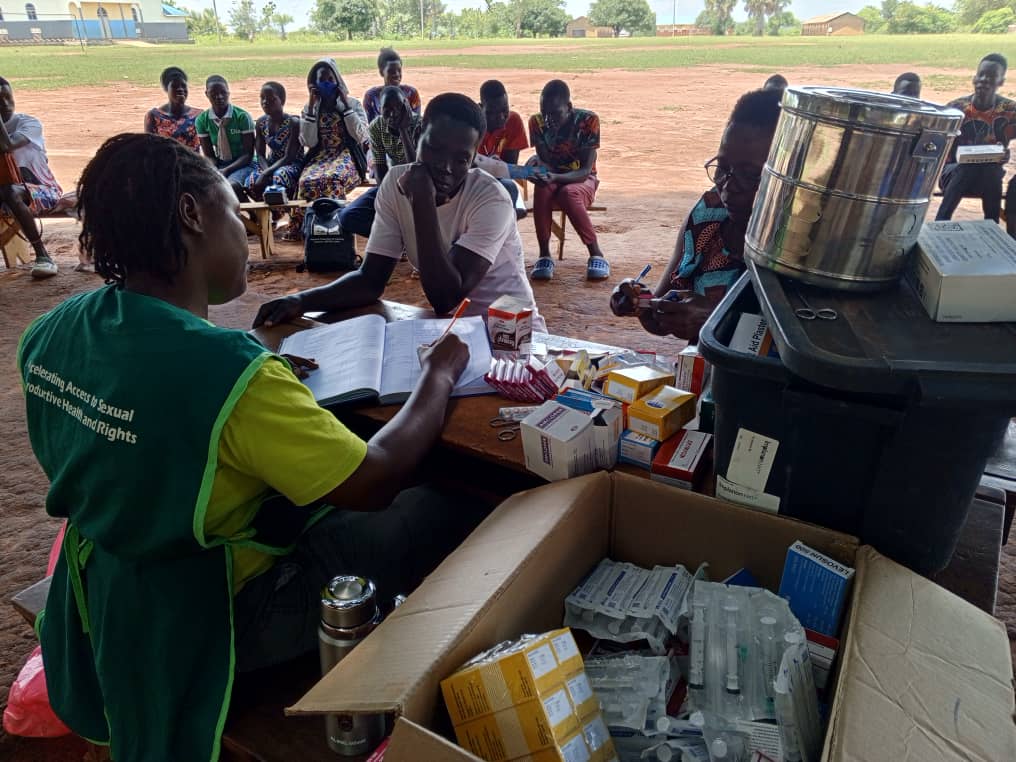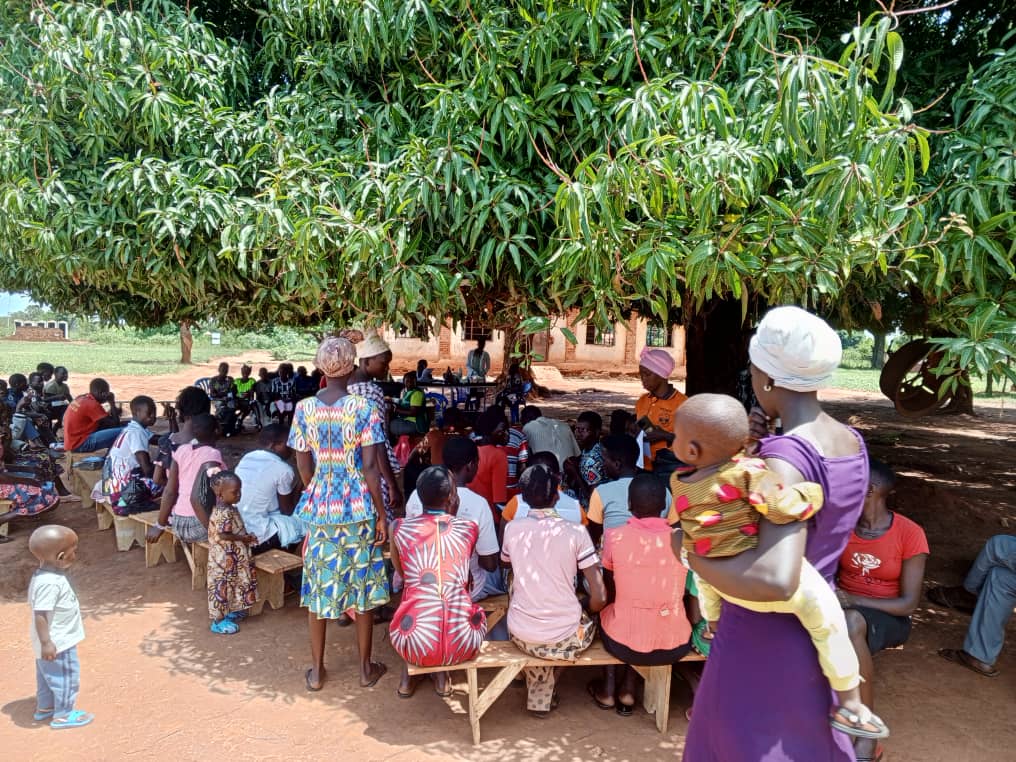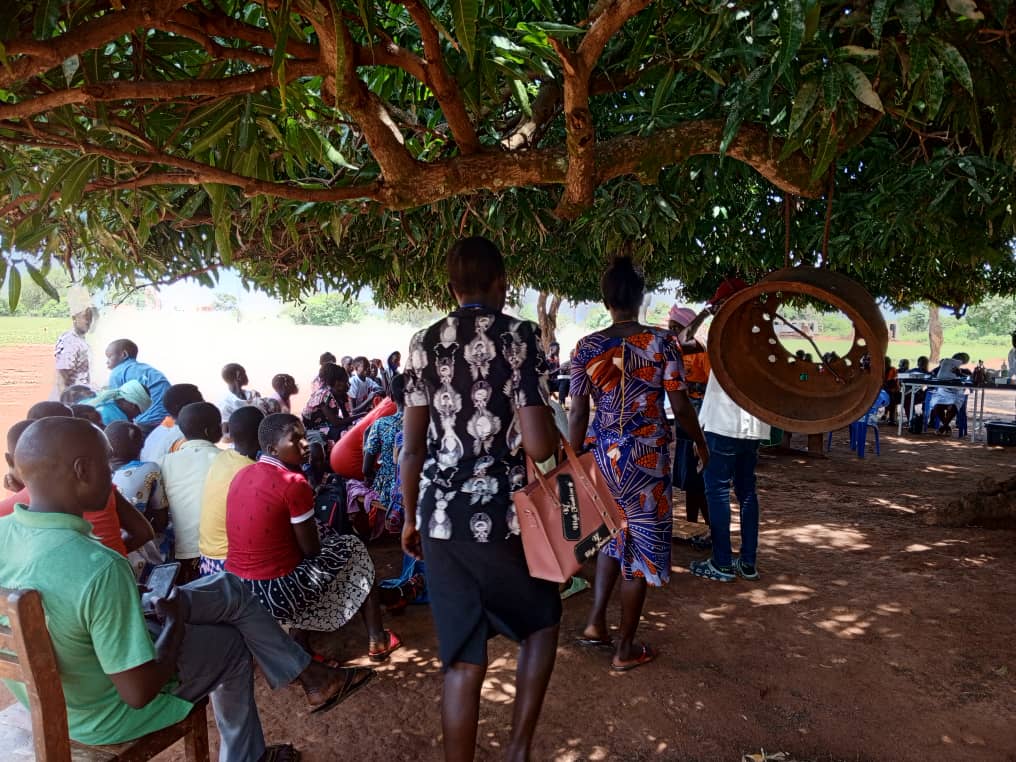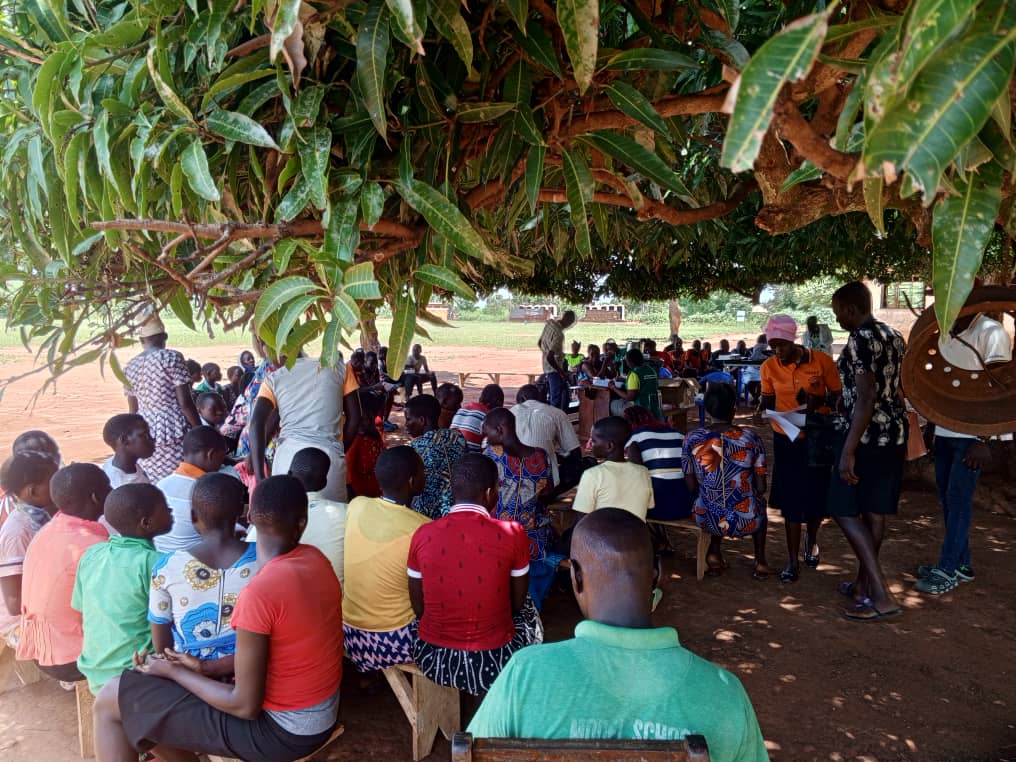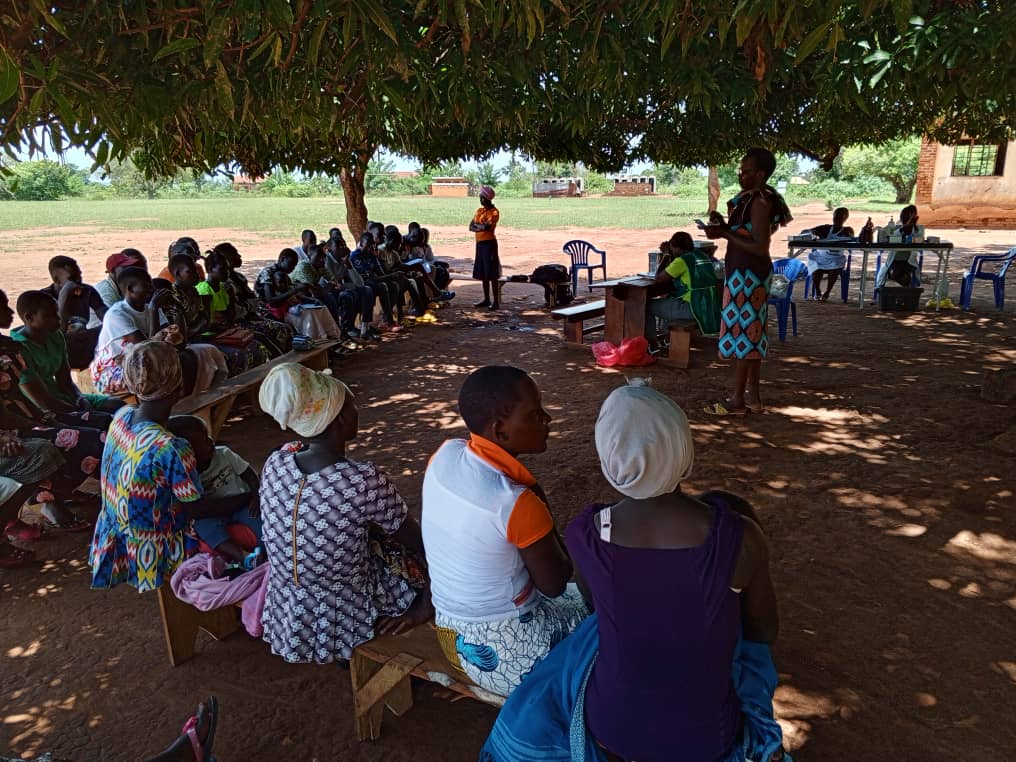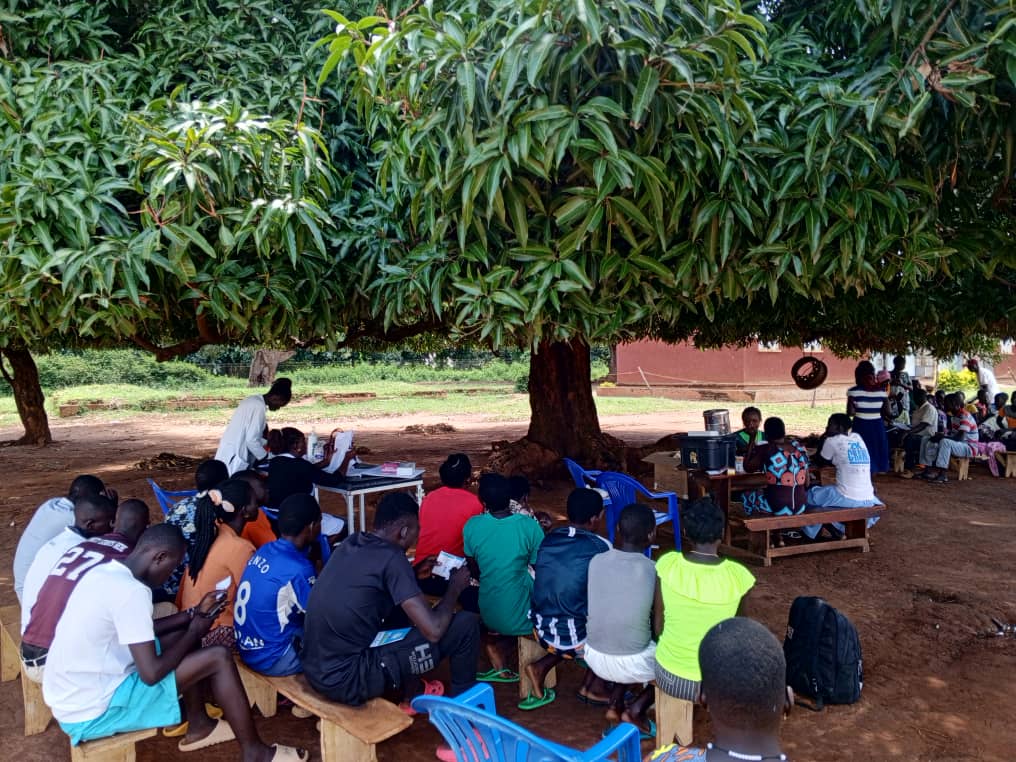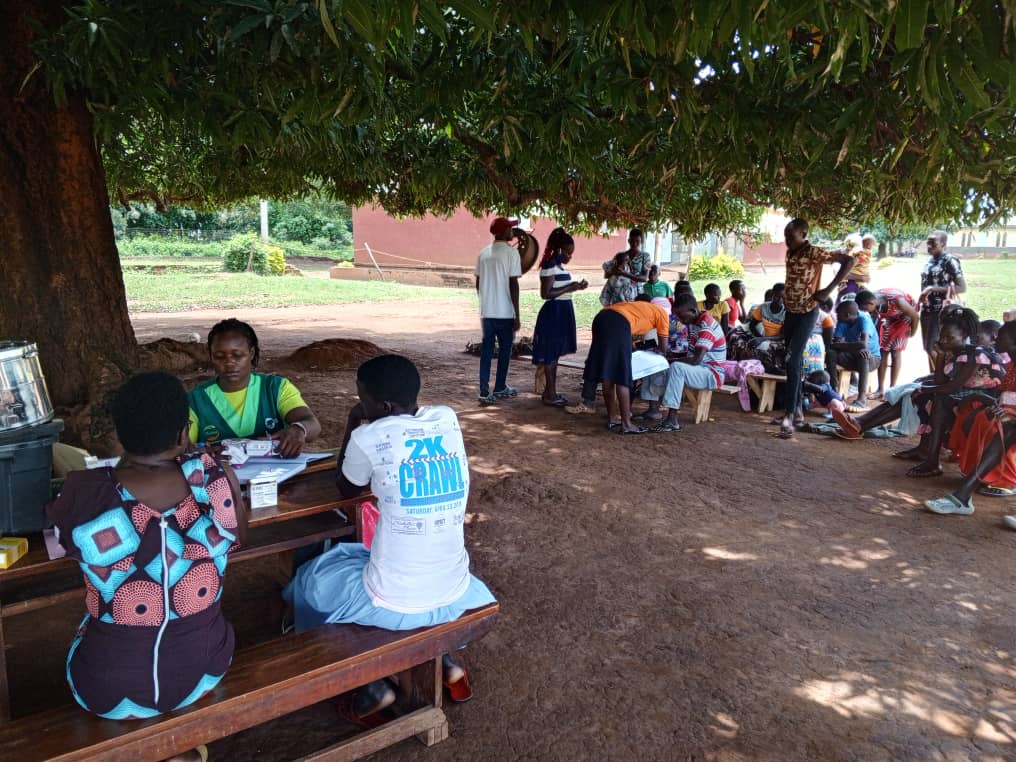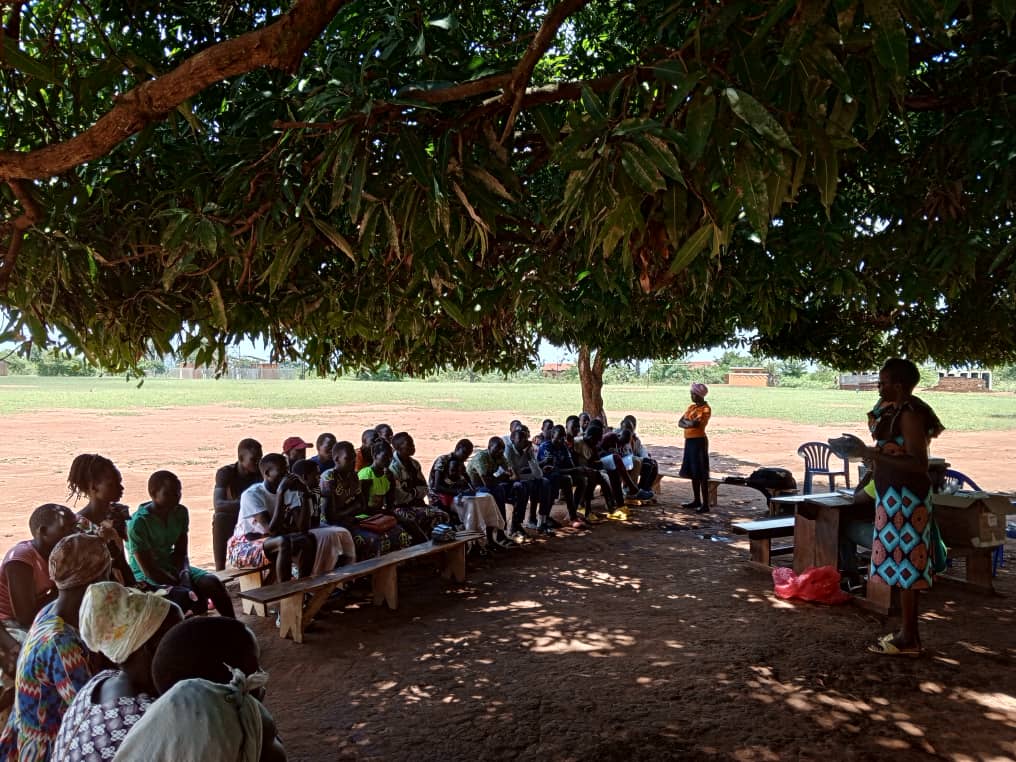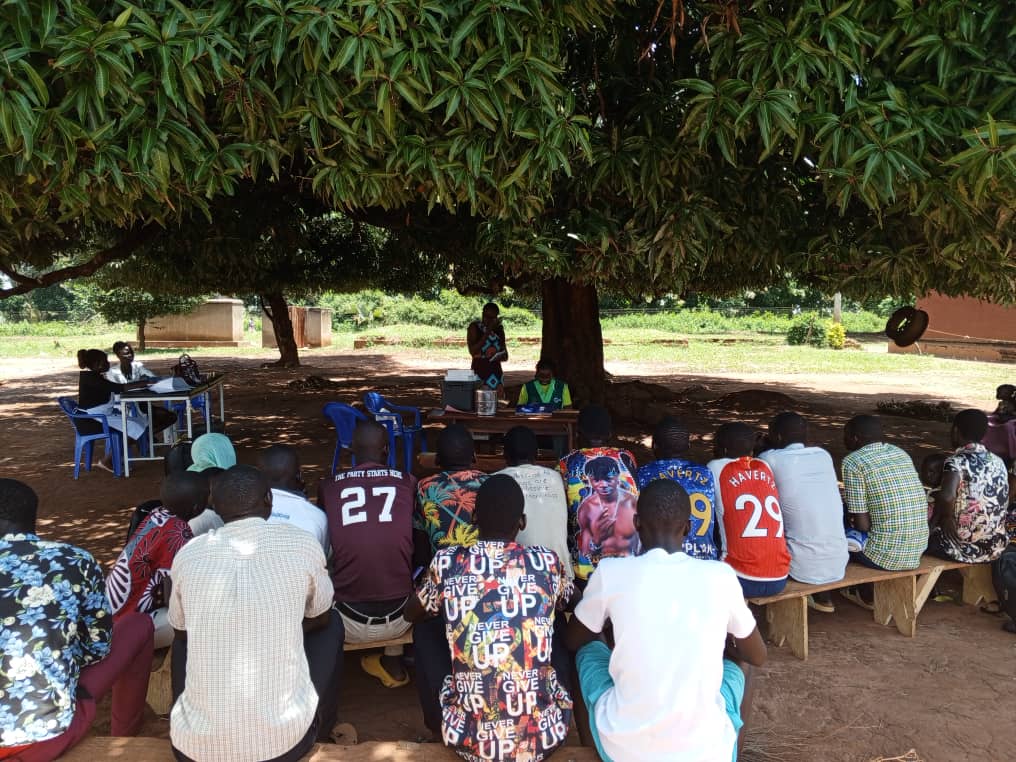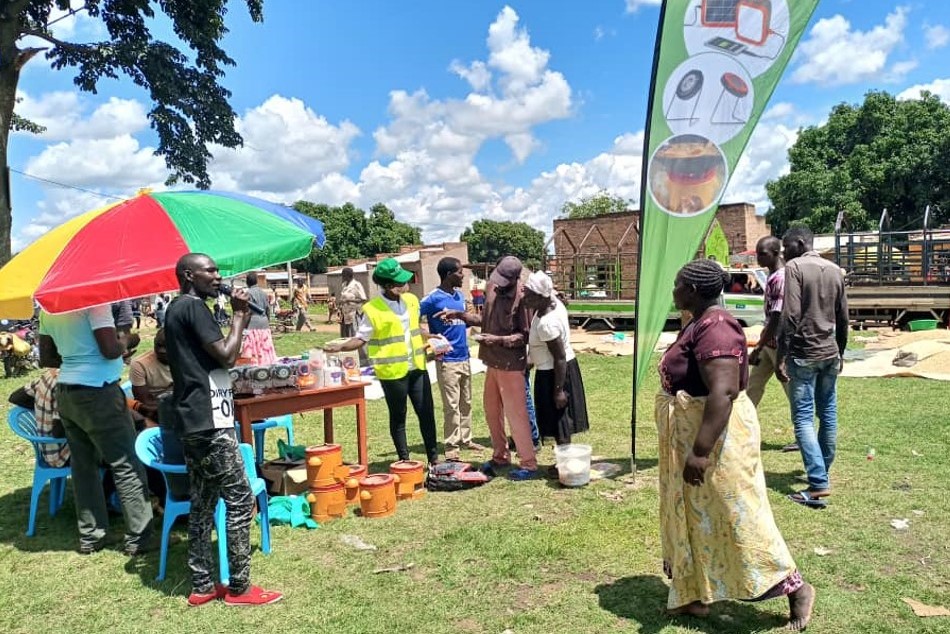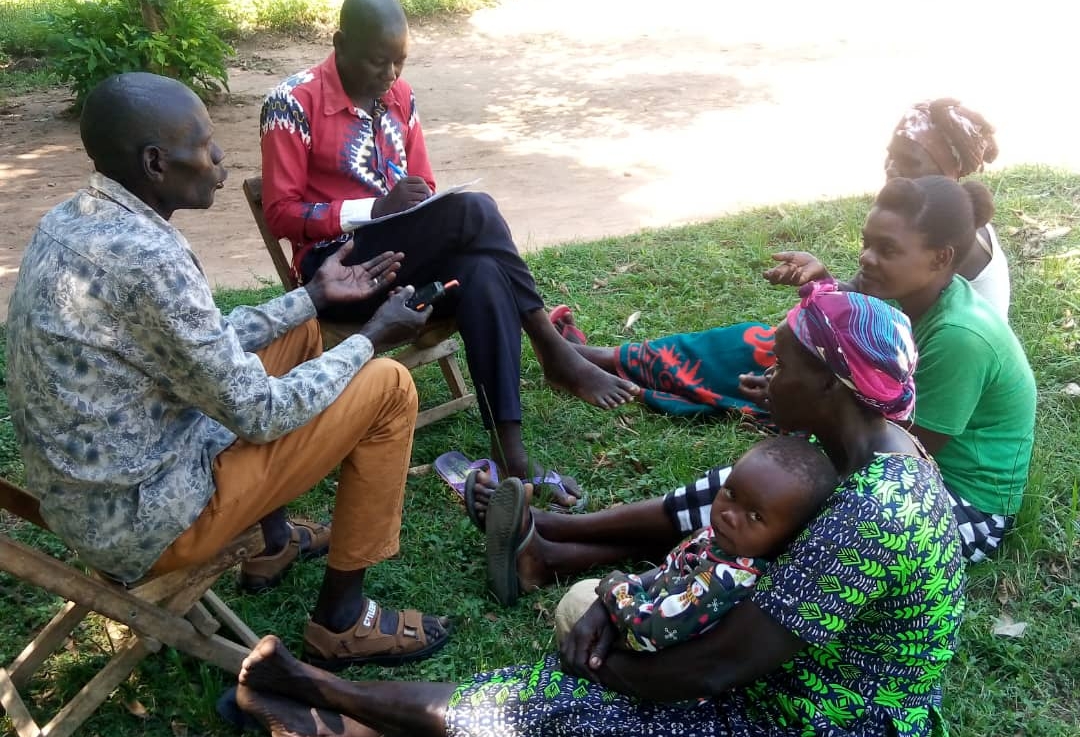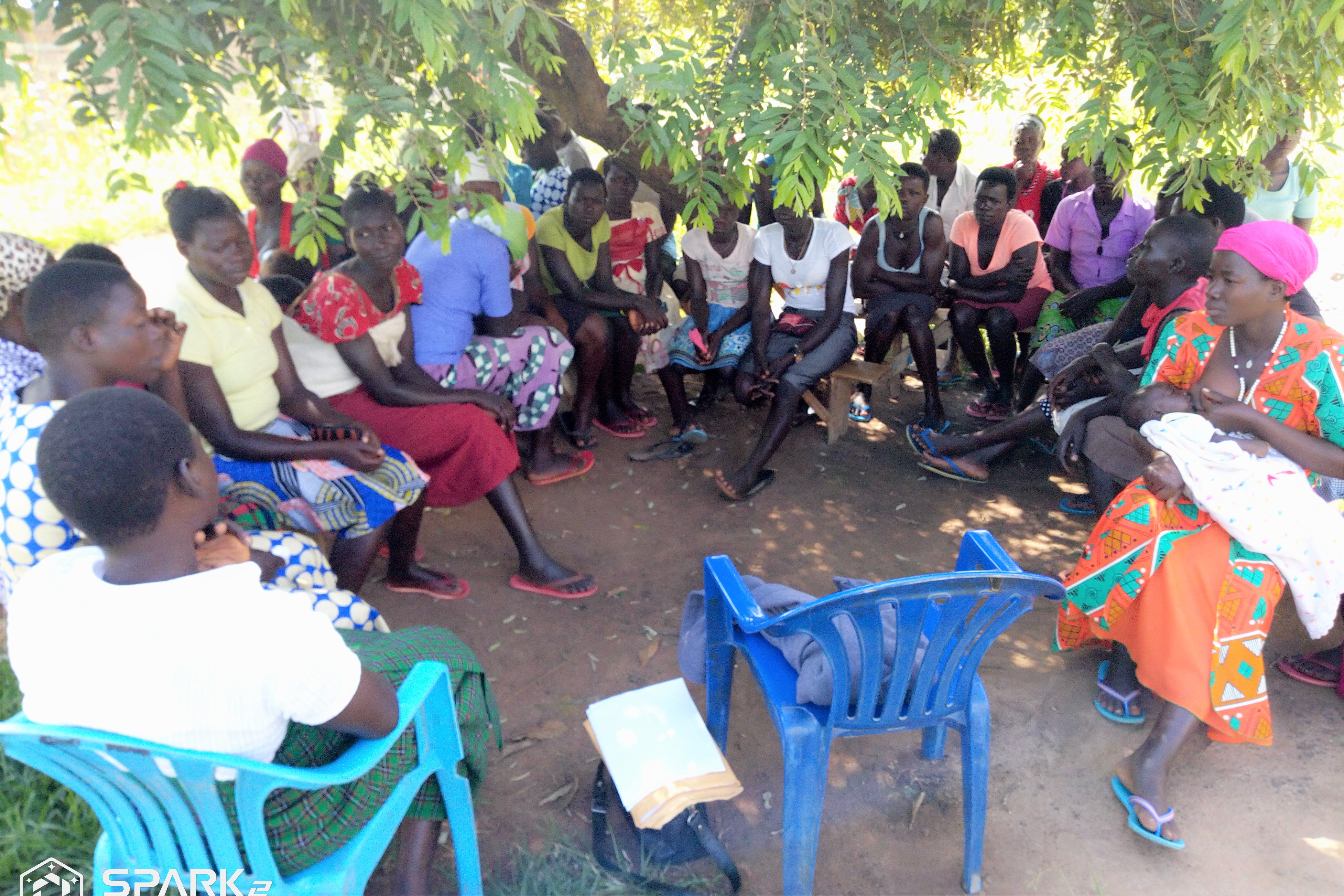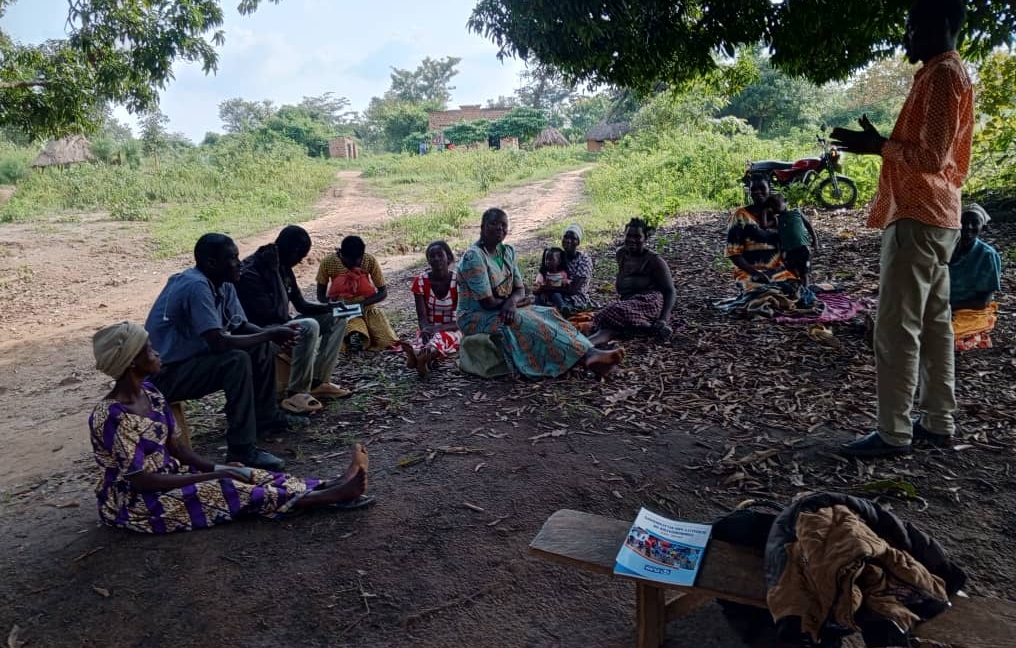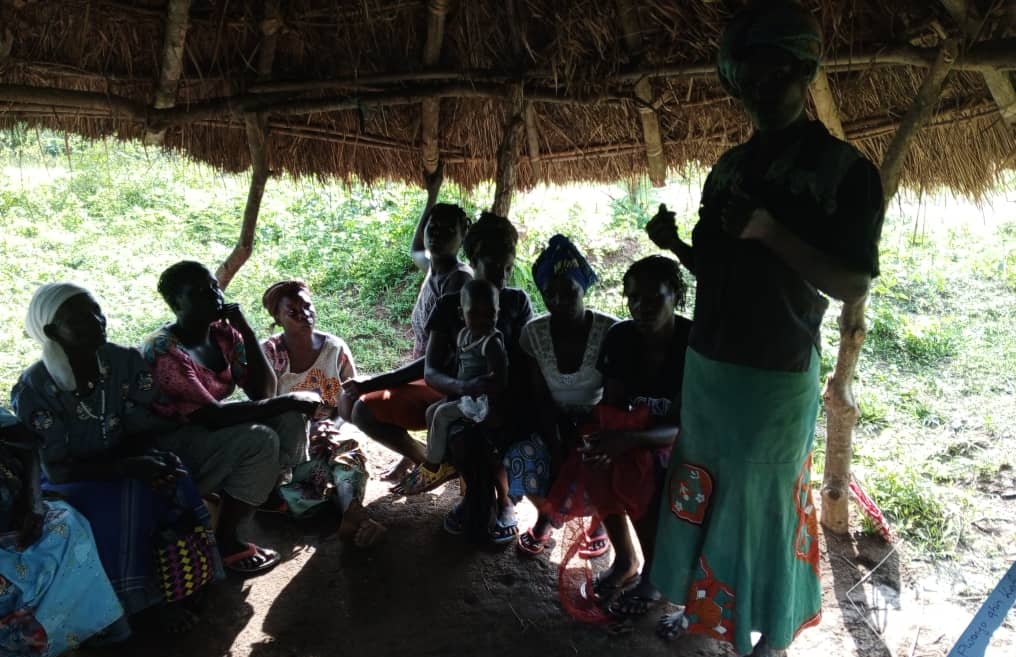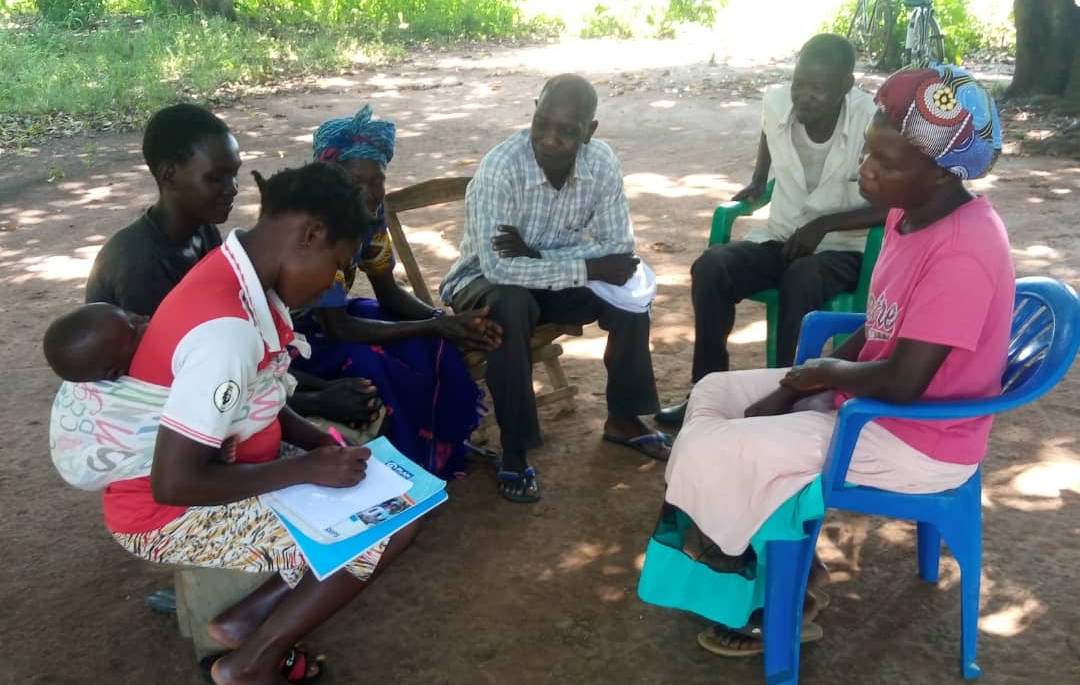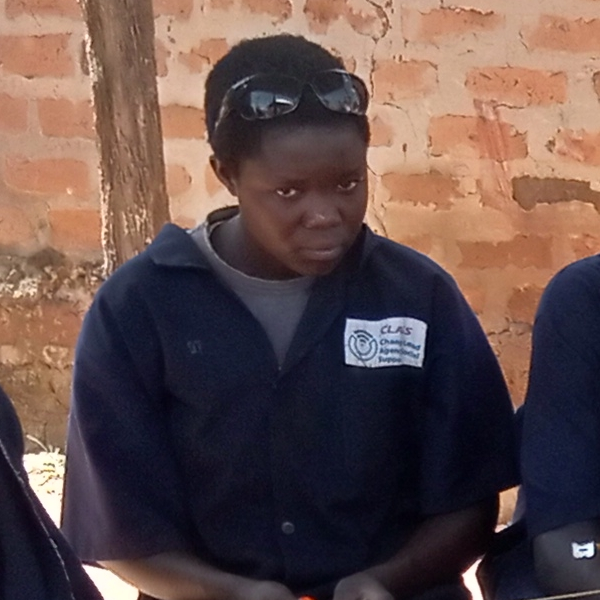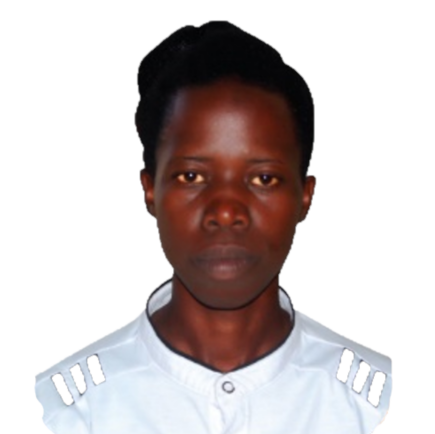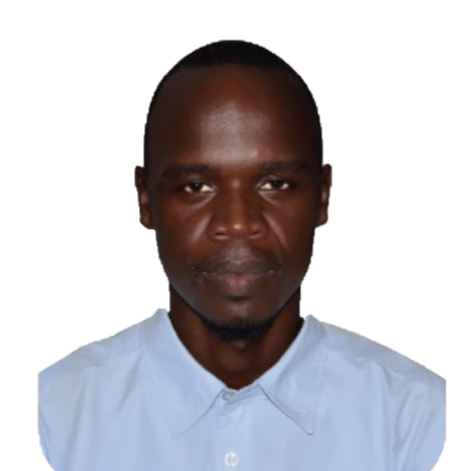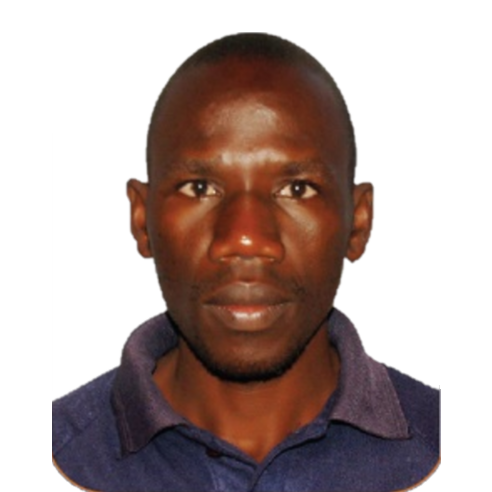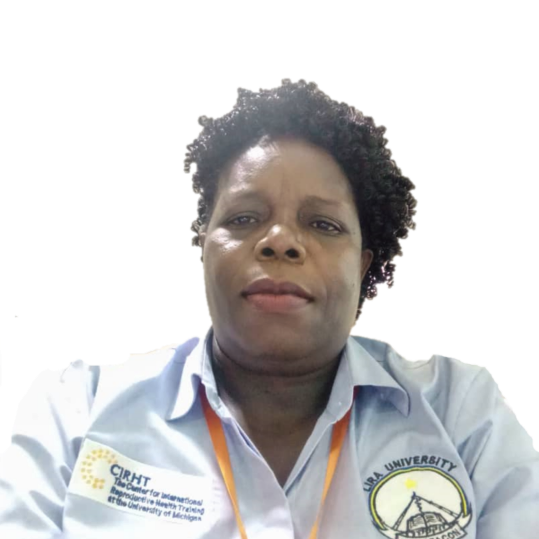1. I Decide Project
The I Decide Project, funded by Plan International, began in 2022 and is set to run until 2025. The project is currently ongoing and aims to ensure that children and youth in all their diversity have control over their bodies and future in a healthy, safe, and supportive environment.
Innovation Hub
Innovation Hub is a safe space created for young people to build up their social skills and acquire employability skills. The model mainly focused on youth empowerment through personal development.
The Hub hinges on developing young people in Life skills, SRHR knowledge, employability skills and enterprise development (livelihood) skills with the goal of putting the youth in the driving seat of their lives to create solution for their problems. With the knowledge and skills gained at the hub, Children Adolescents and youth will be able to either get employed or create employment, and live a better life.
The Hub provides safe space for innovation, creativity and social interaction for the Children Adolescents and Youth. SRHR information and counseling usually provided at the hub through partners.
The main challenge Innovation hub deals with include Youth unemployment caused by lack of skills, lack of jobs, lack of job skills and poor life skills.
Specifically, the hub focuses on;
- Lack of livelihood (Green/vocational) skills to enable young people create enterprises and jobs for themselves
- Lack of business skills that makes the young people not start, manage and grow a business
- Poor life skills resulting into poor negotiation skills, poor interpersonal skills, fear and lack of innovativeness
- Lack of employability skills caused by inability to write applications and resumes that attract jobs
- Low uptake of SRHR services leading to adolescent (unplanned) pregnancy, unsafe abortion, STI and poor menstrual health management among others caused by lack of SRHR information and services and lack of Adolescent friendly space.
Champions of Change Clubs
CLASS adopted Champions of Change which is Plan International's wide strategy for promoting gender equality and social norm change through;
- Girls empowerment
- Boys engagement
- Peer-to-peer mobilisation
- Intergenerational dialogues.
Champions of Change is designed to work with existing youth networks and girls and boys clubs, or to support the creation of new ones where they do not exist in target communities, adjusting to specific cultural, social and economic realities.


